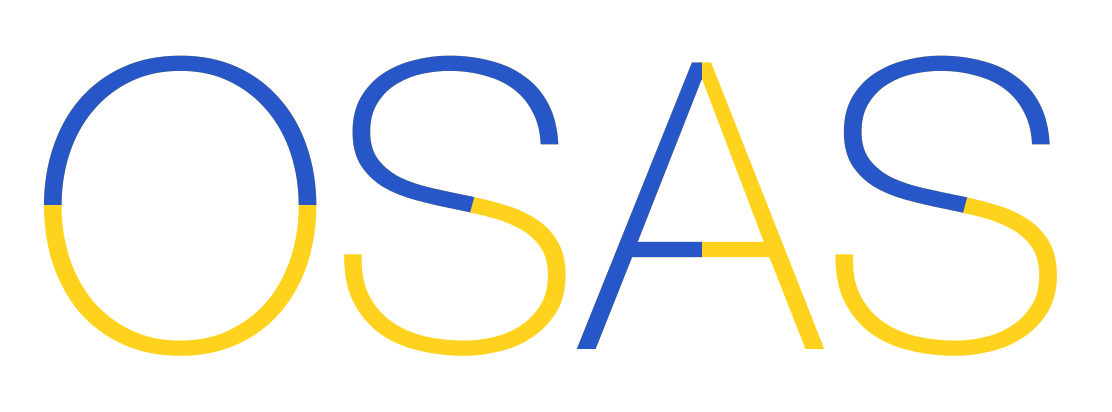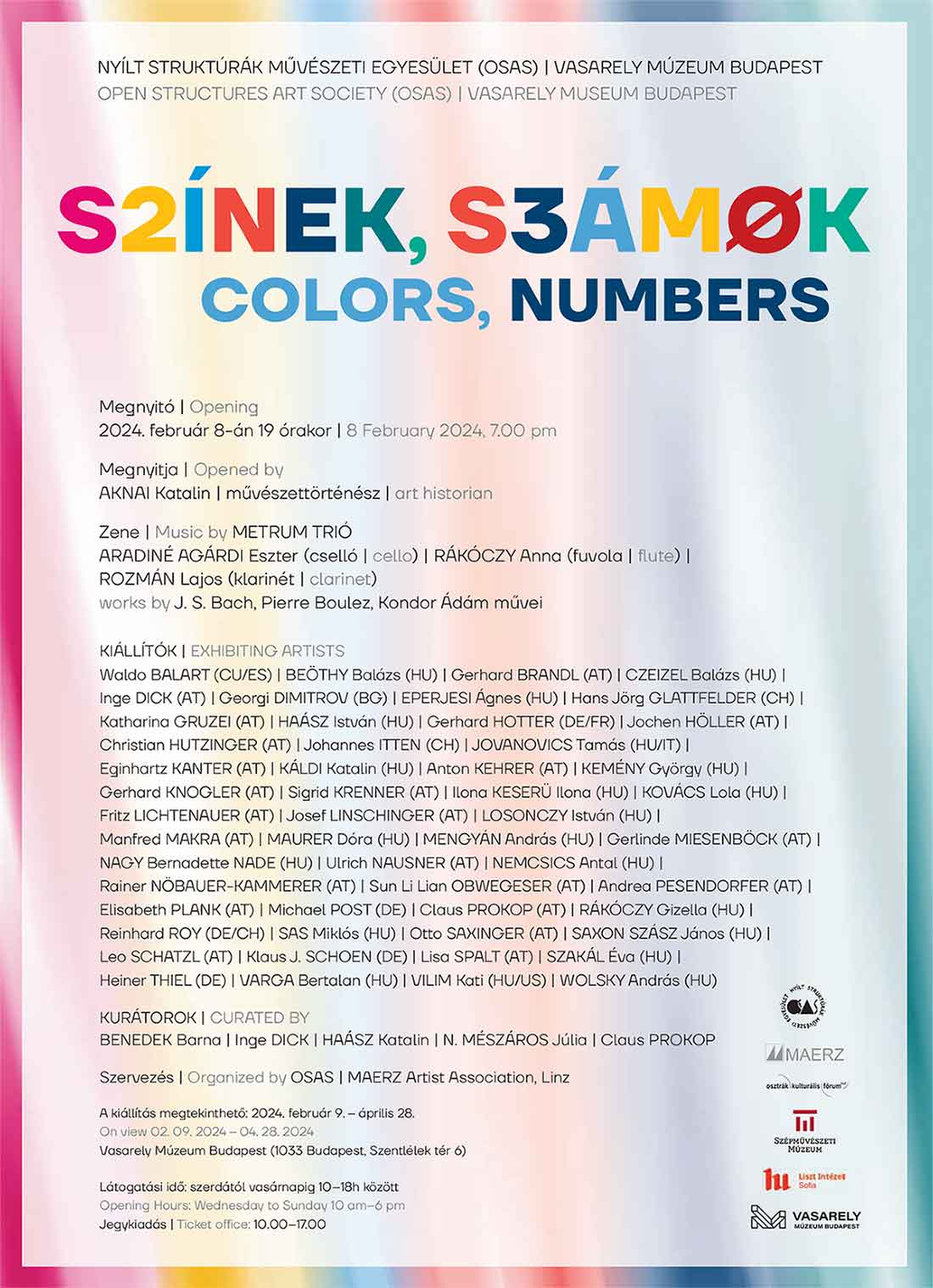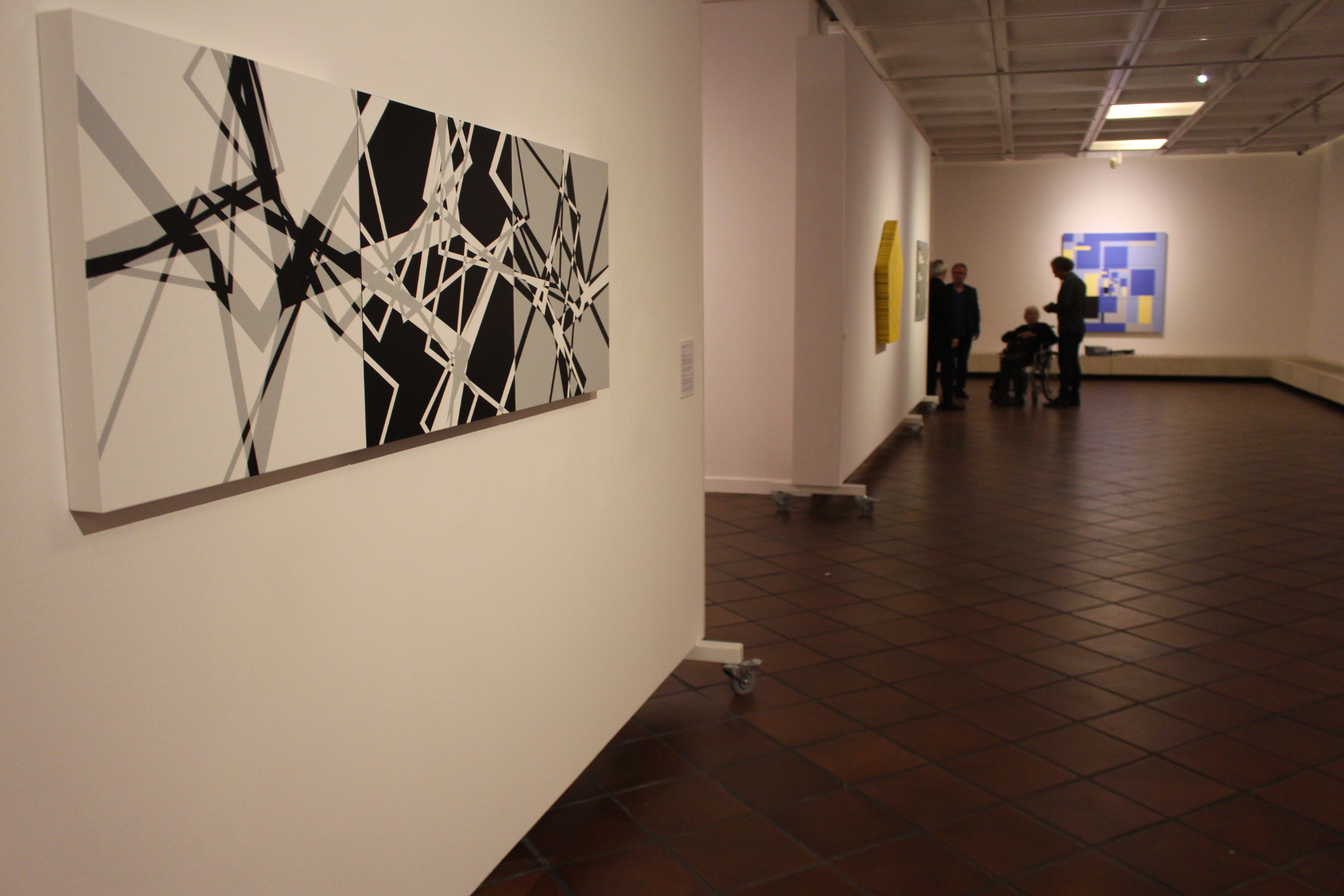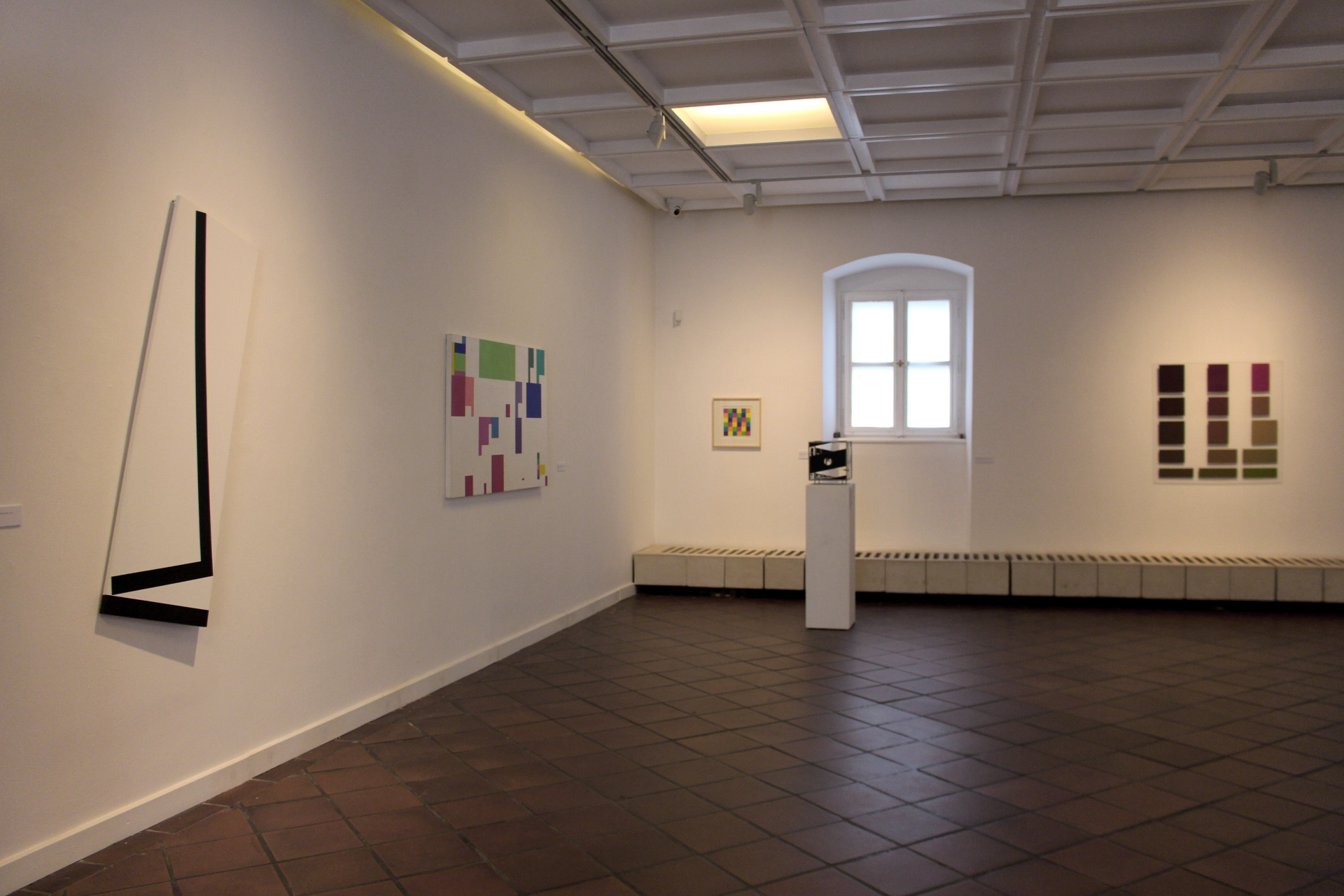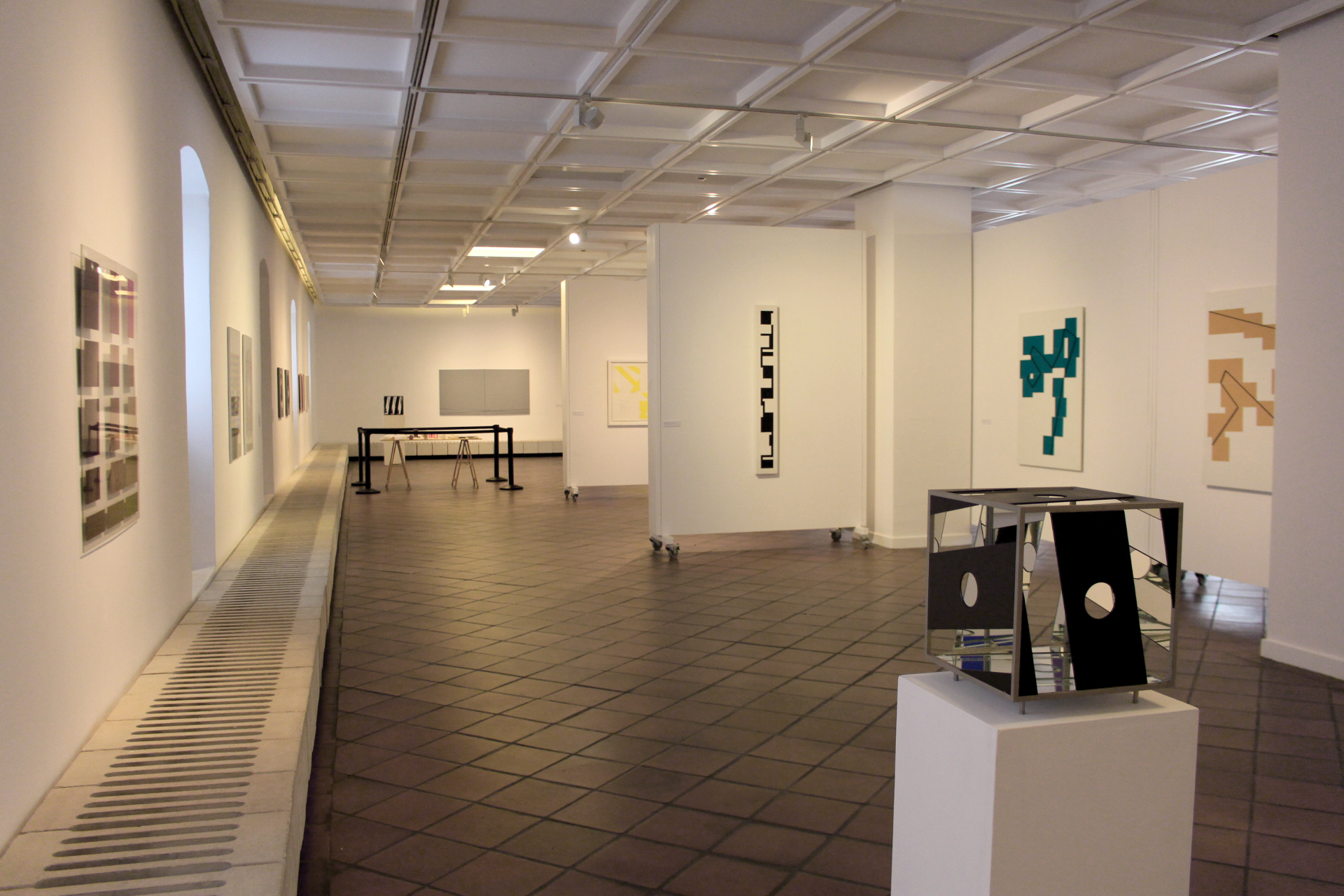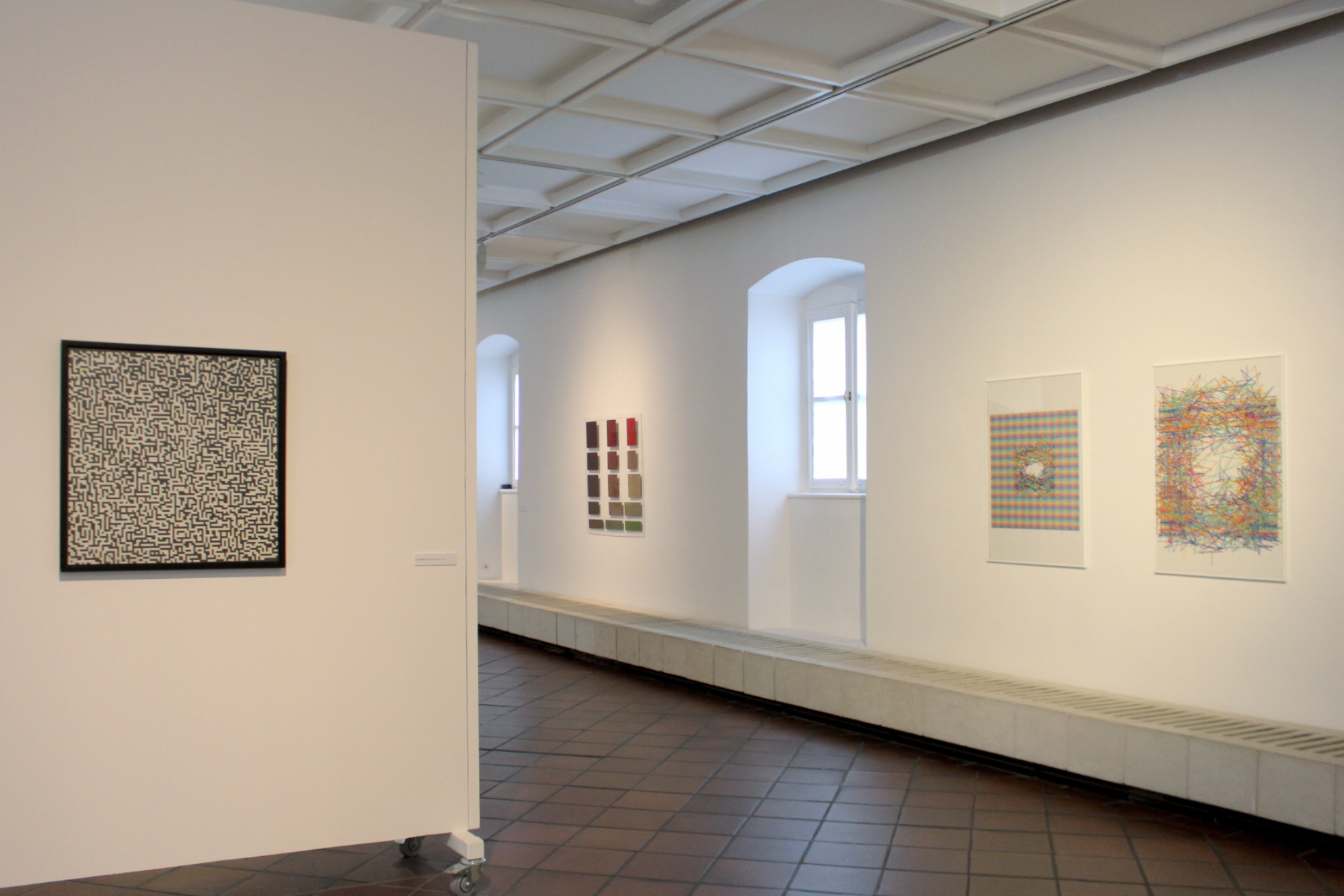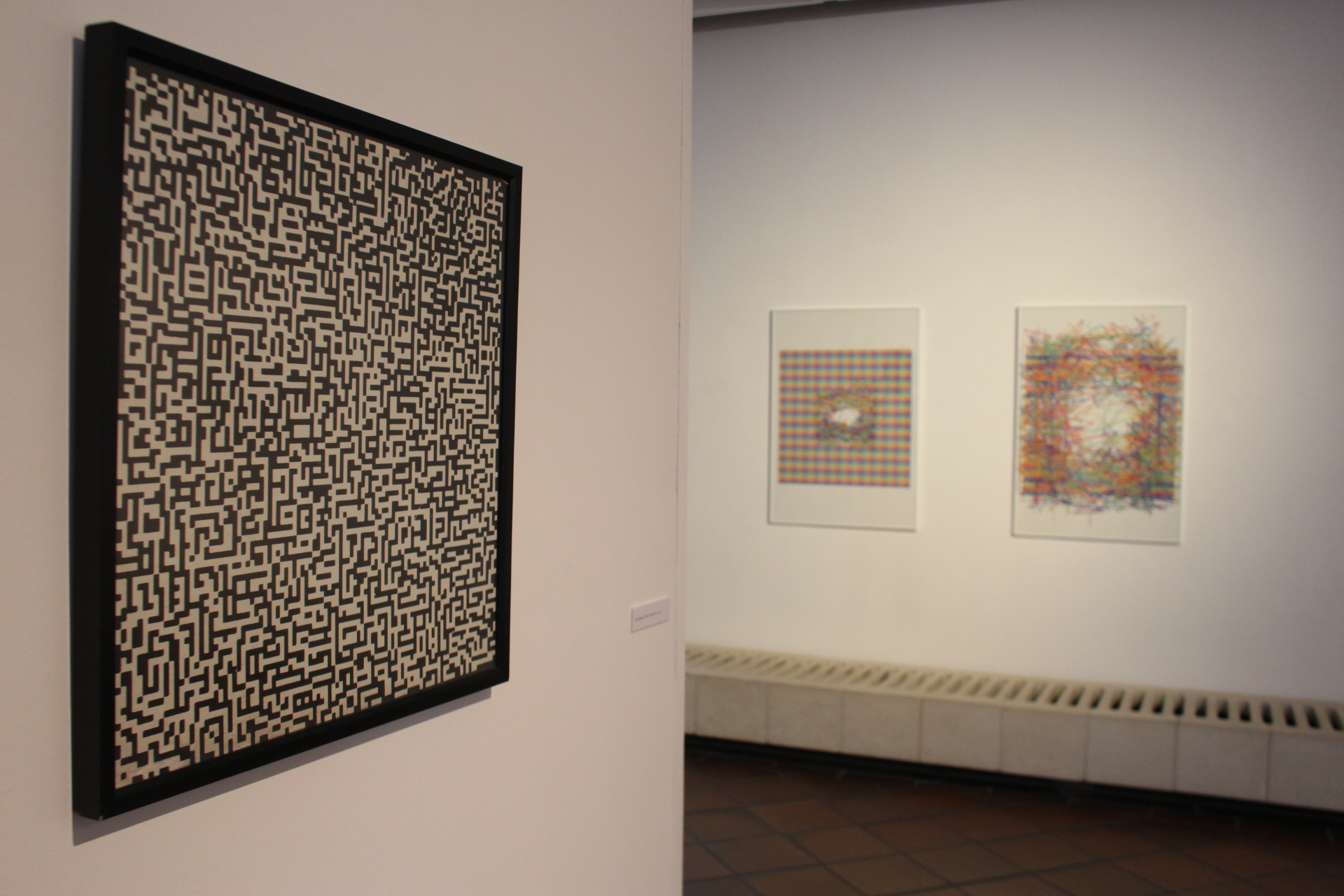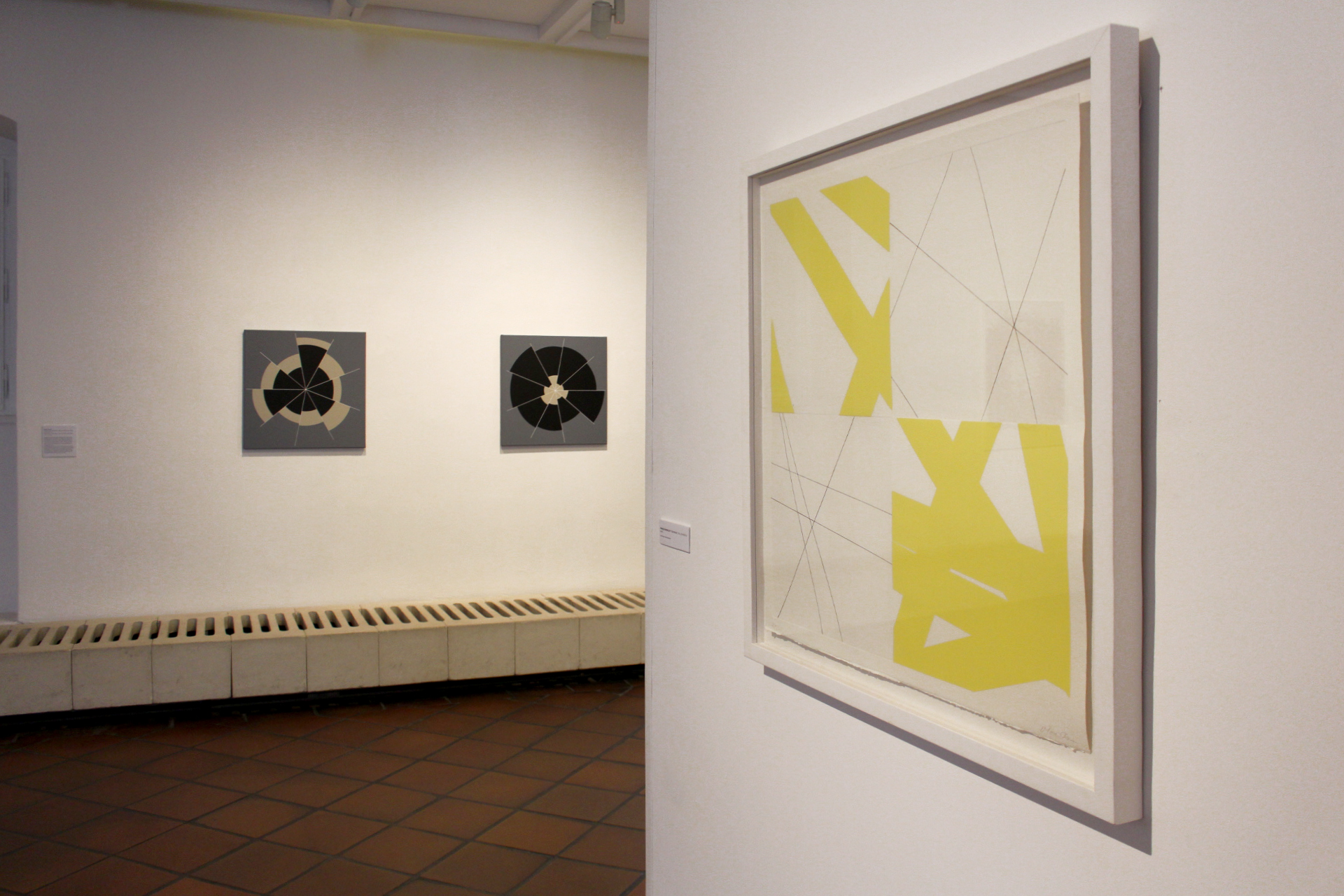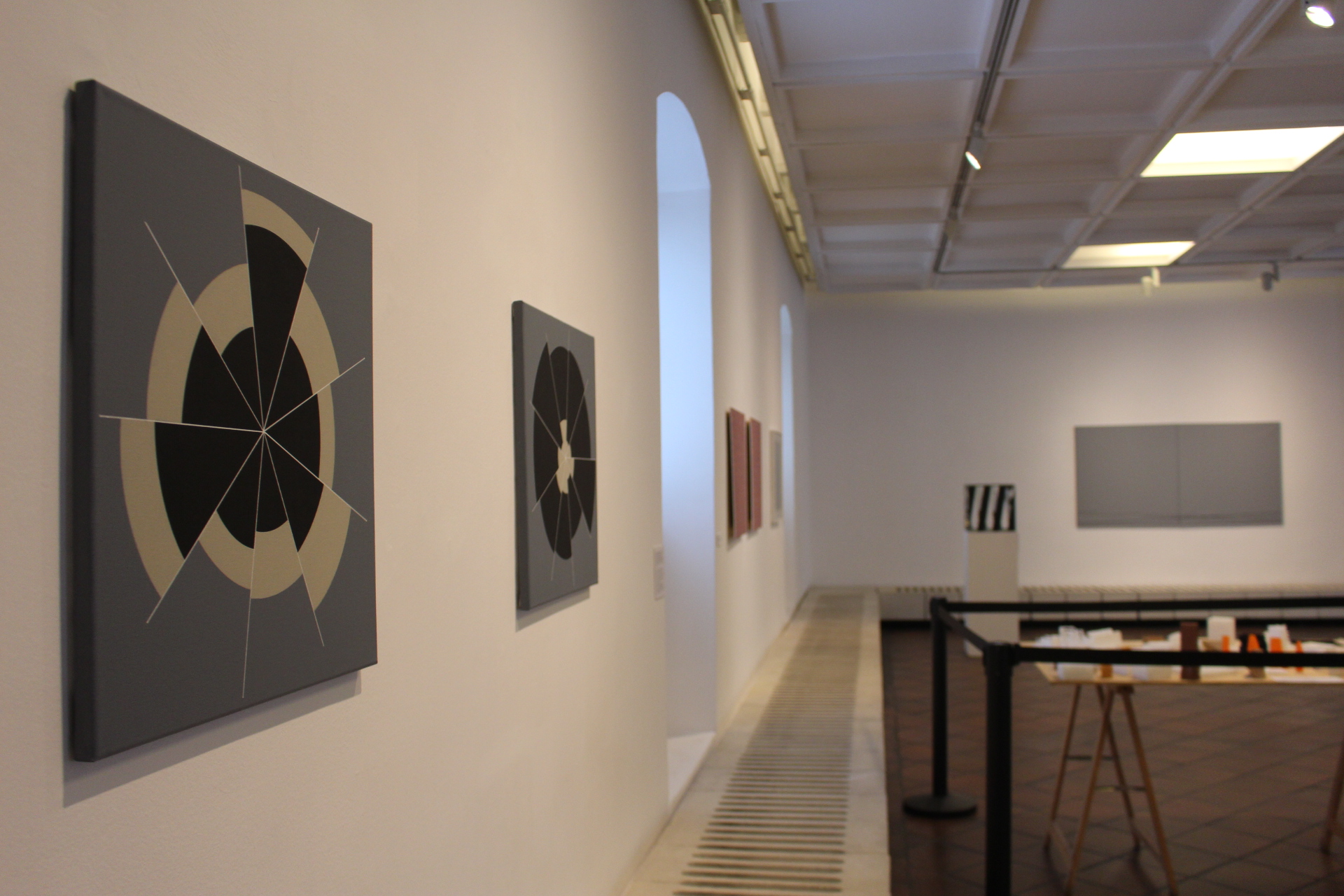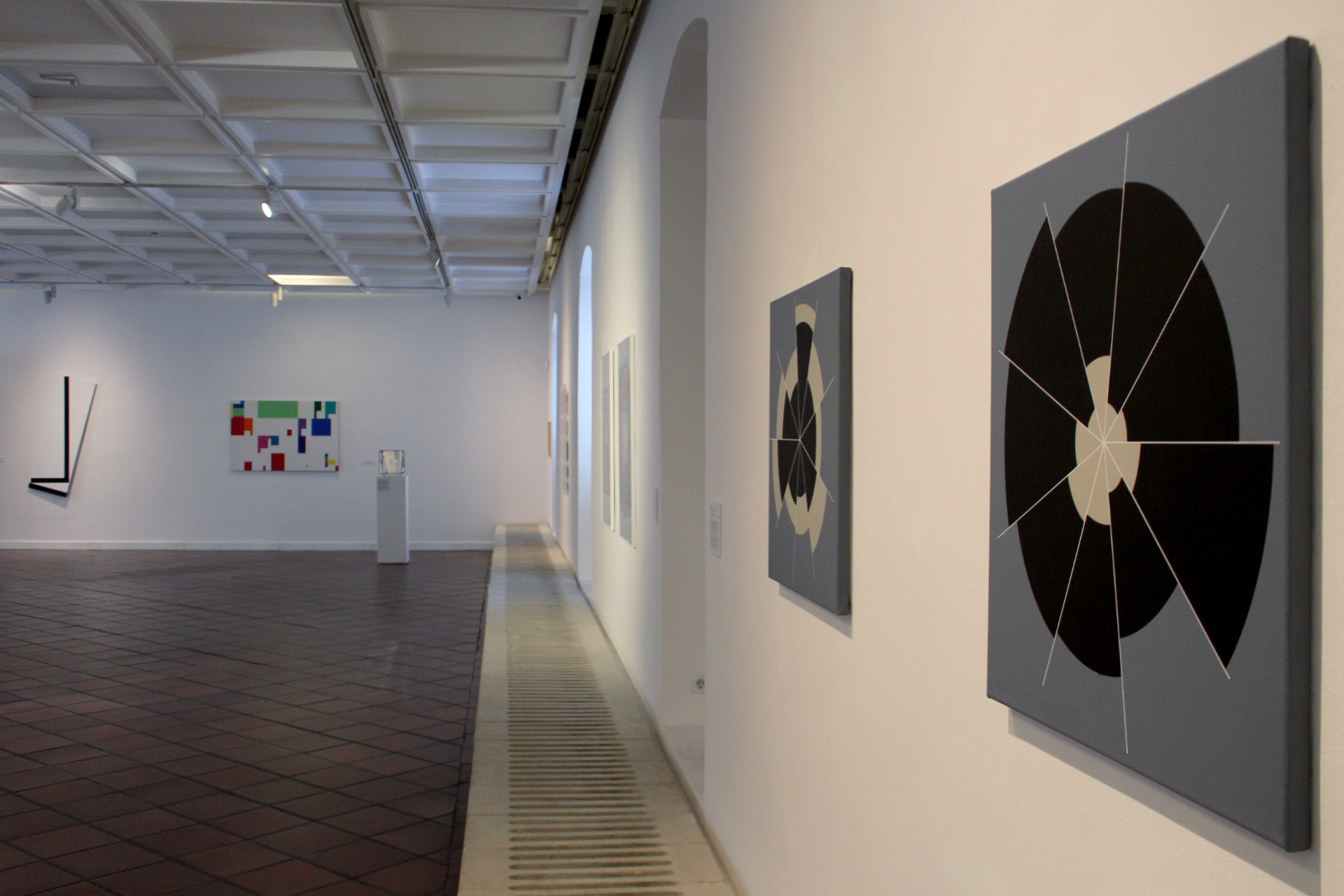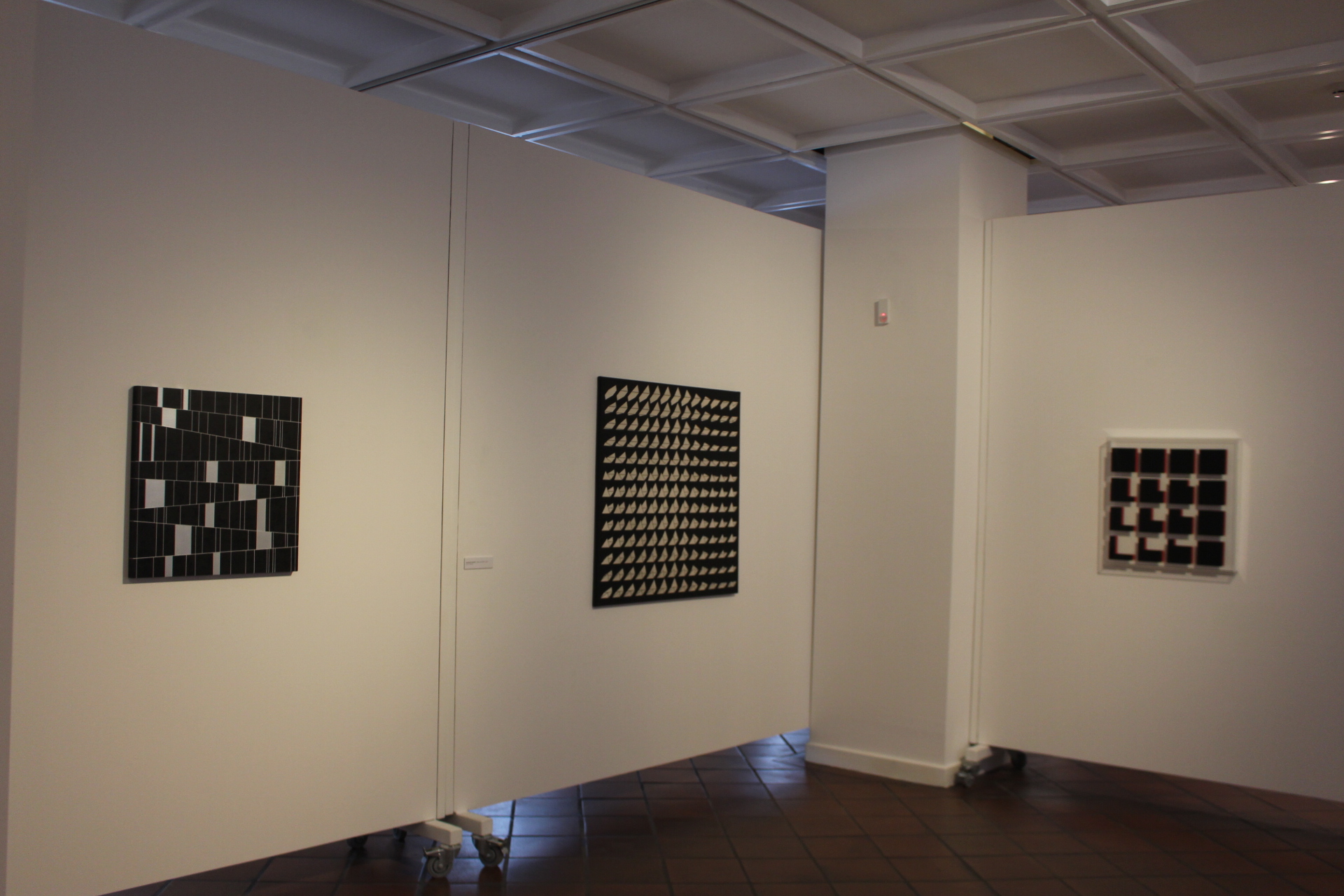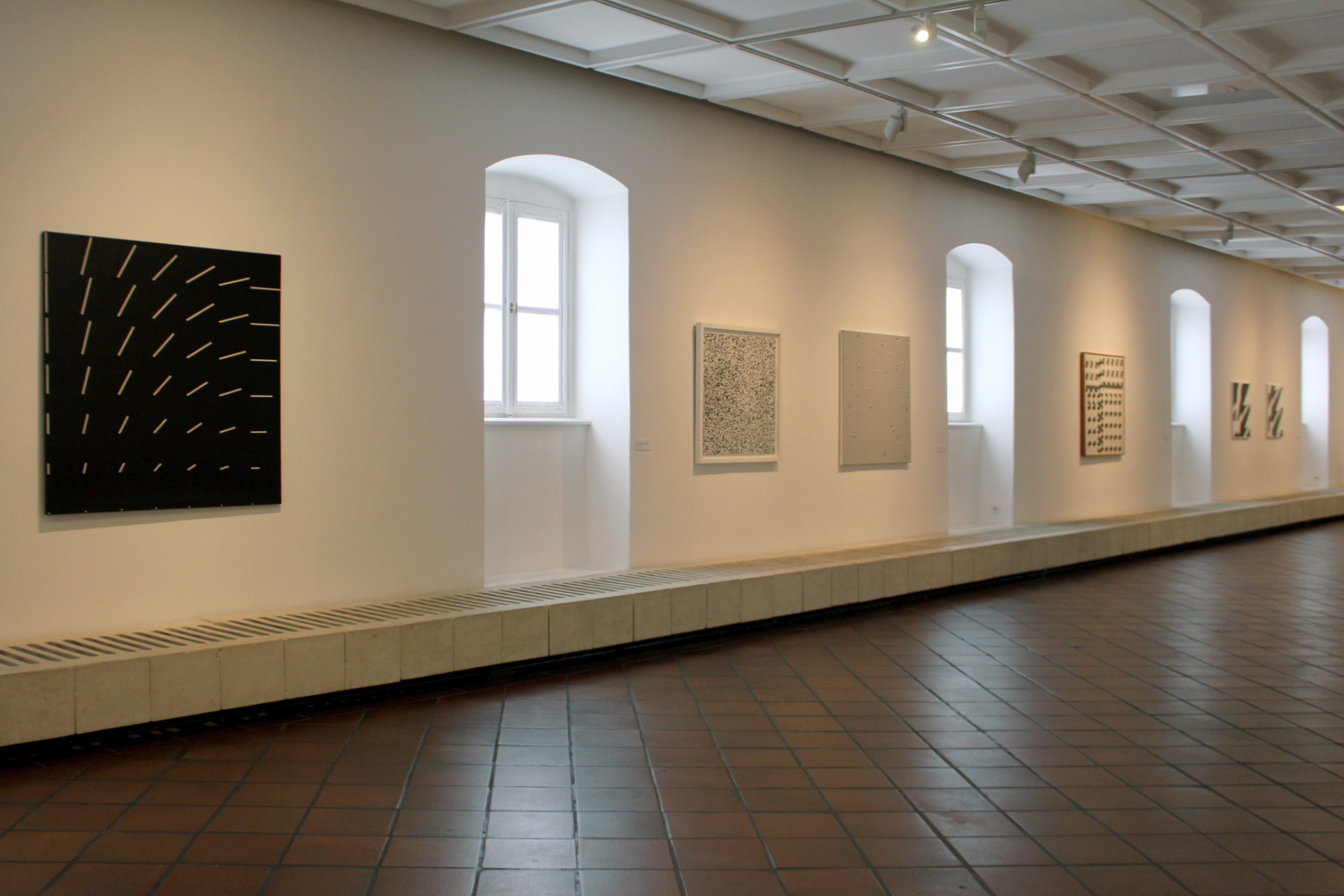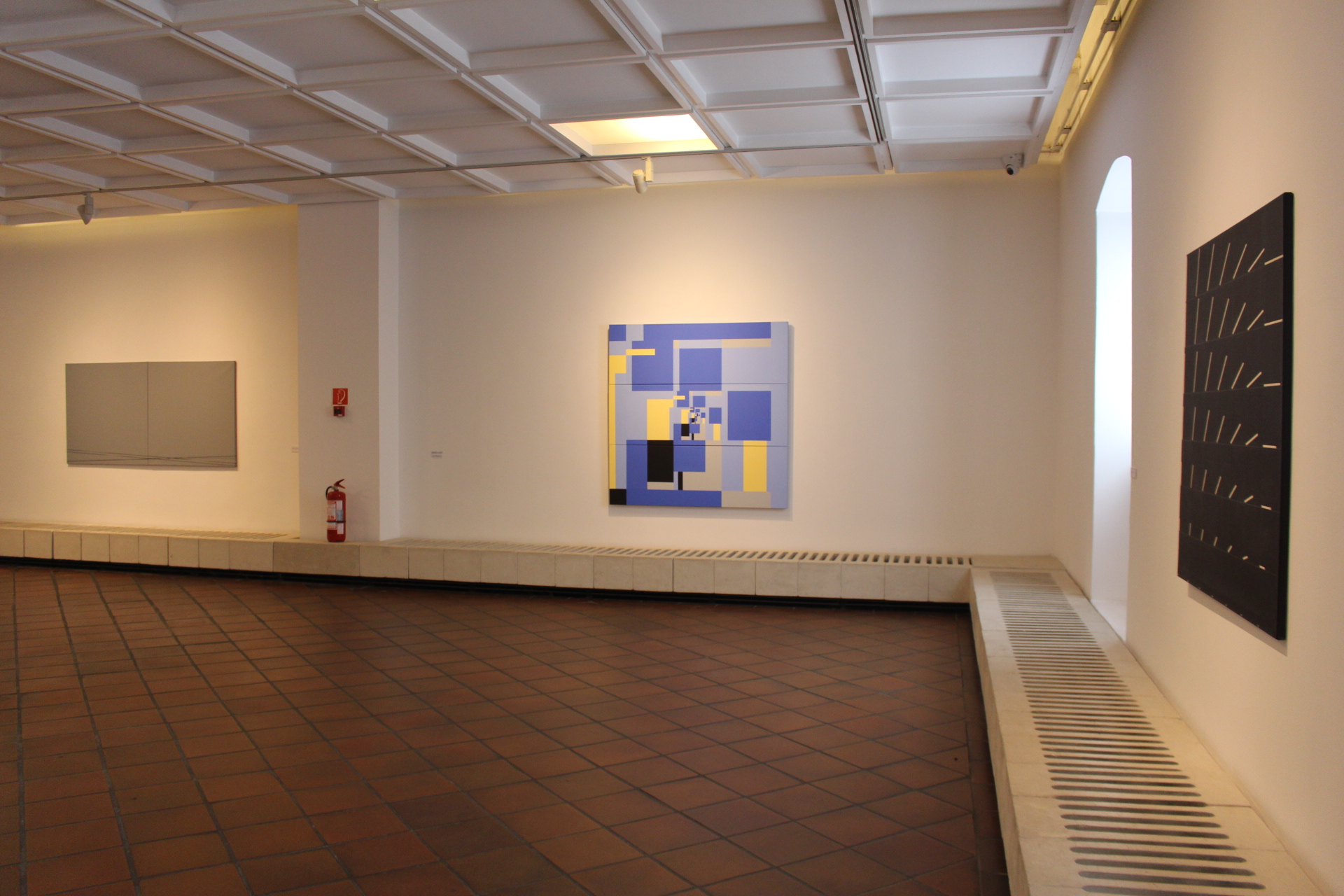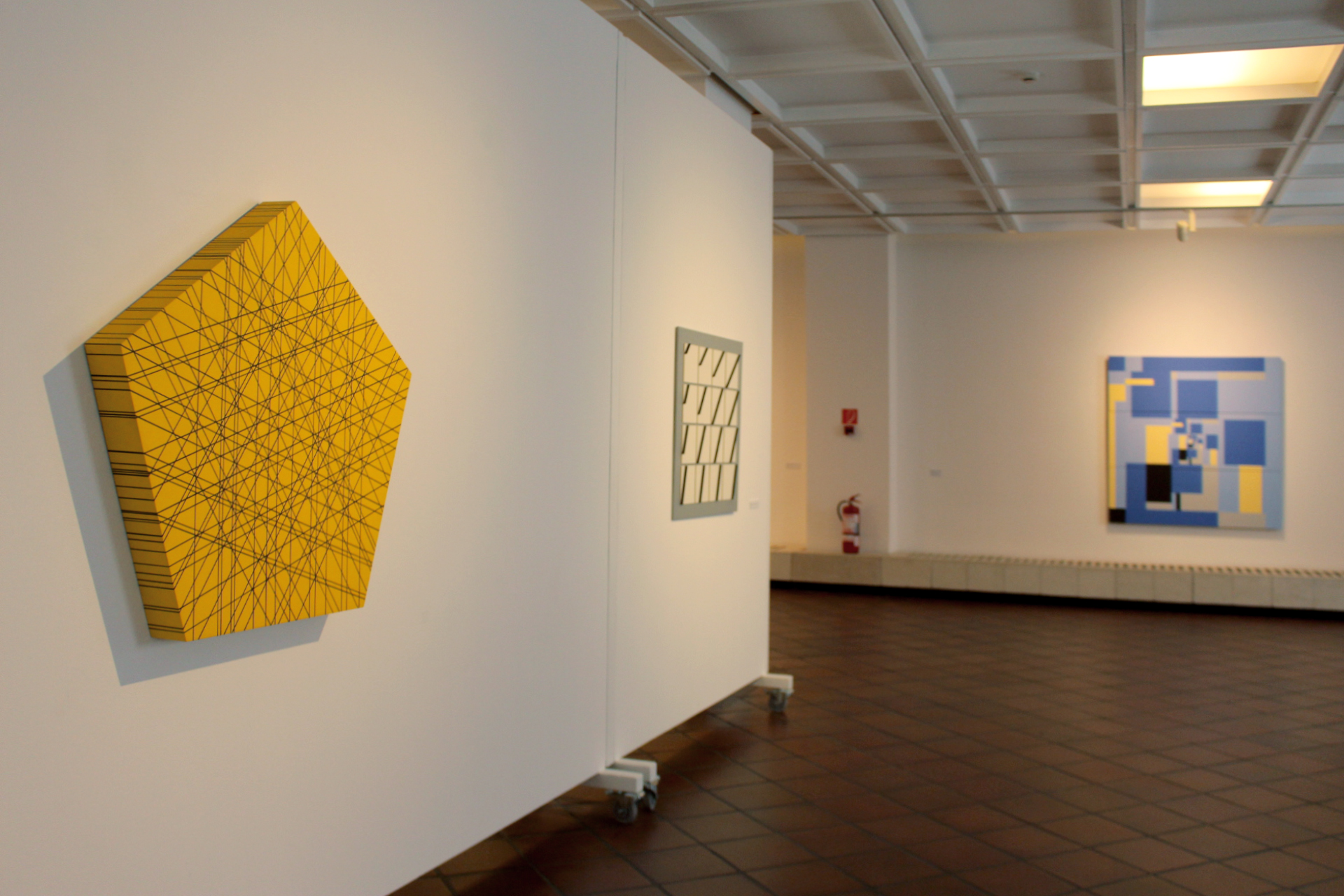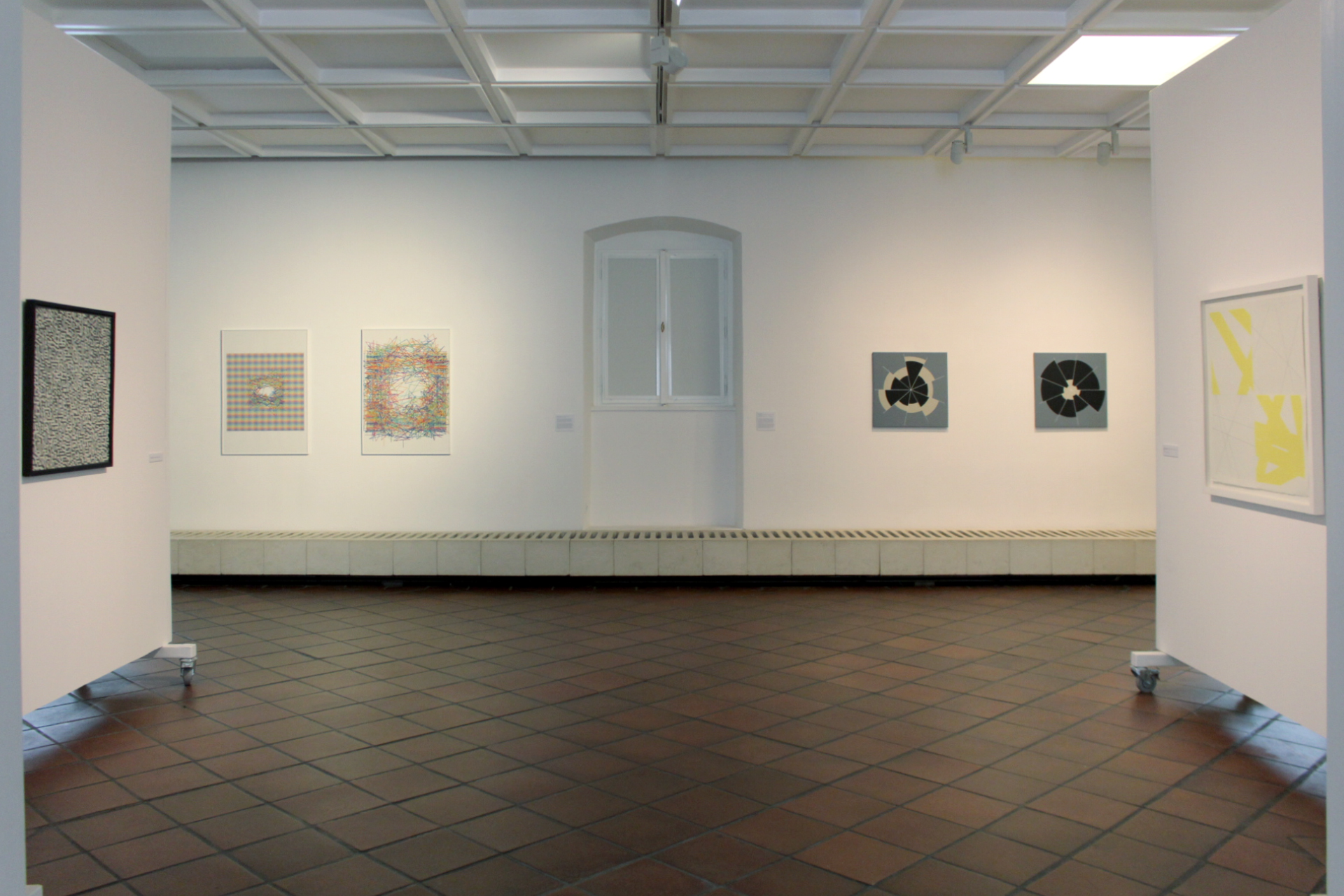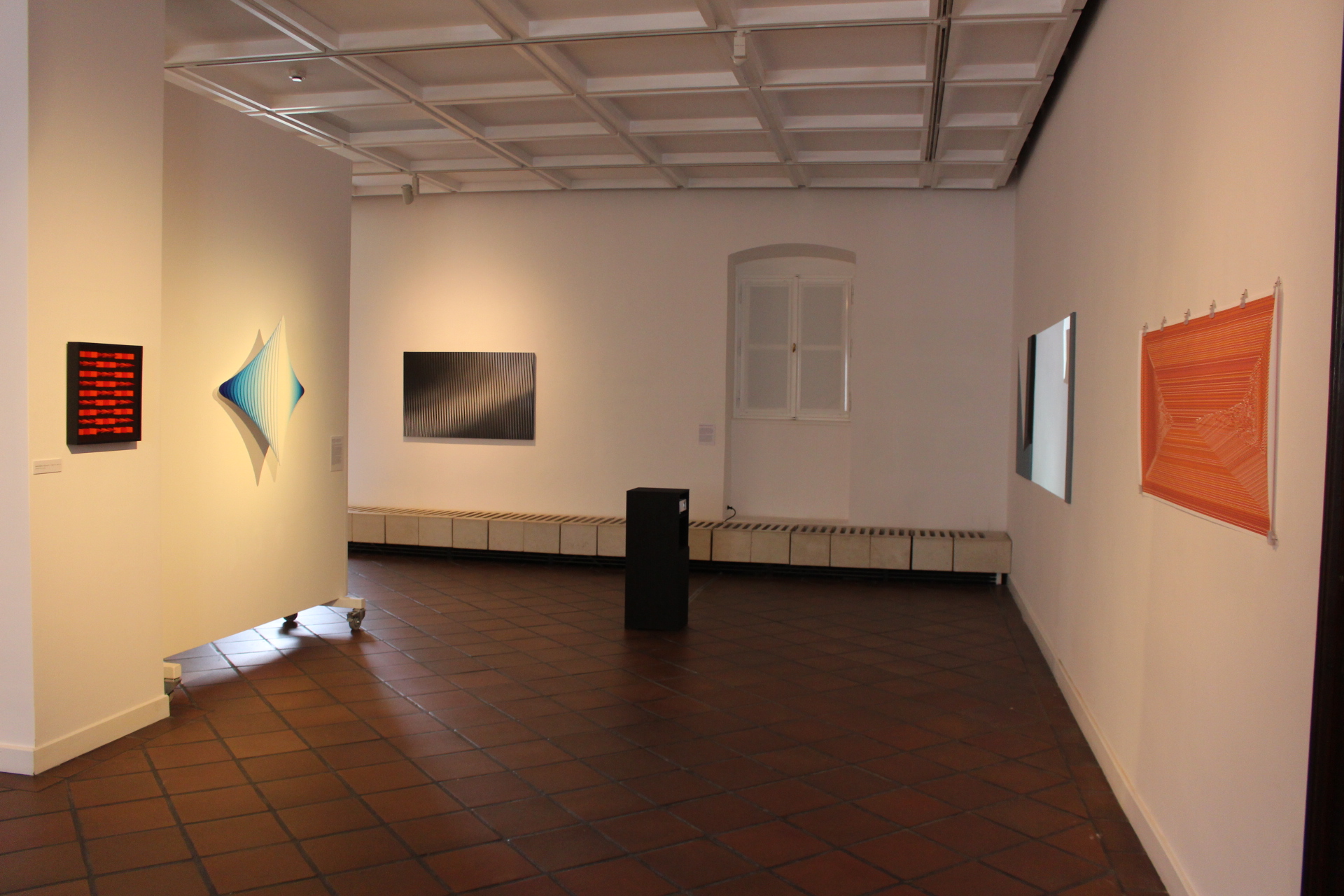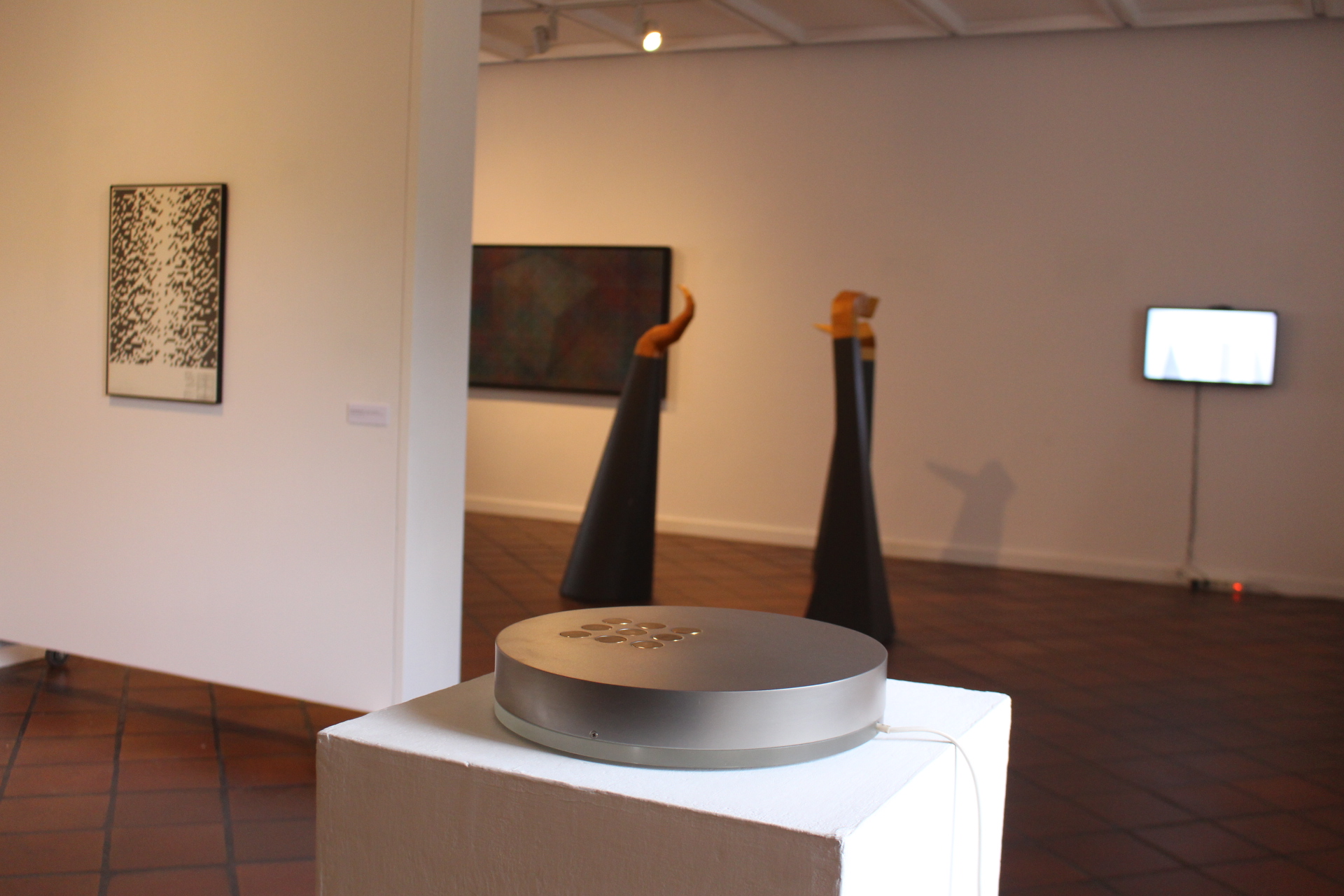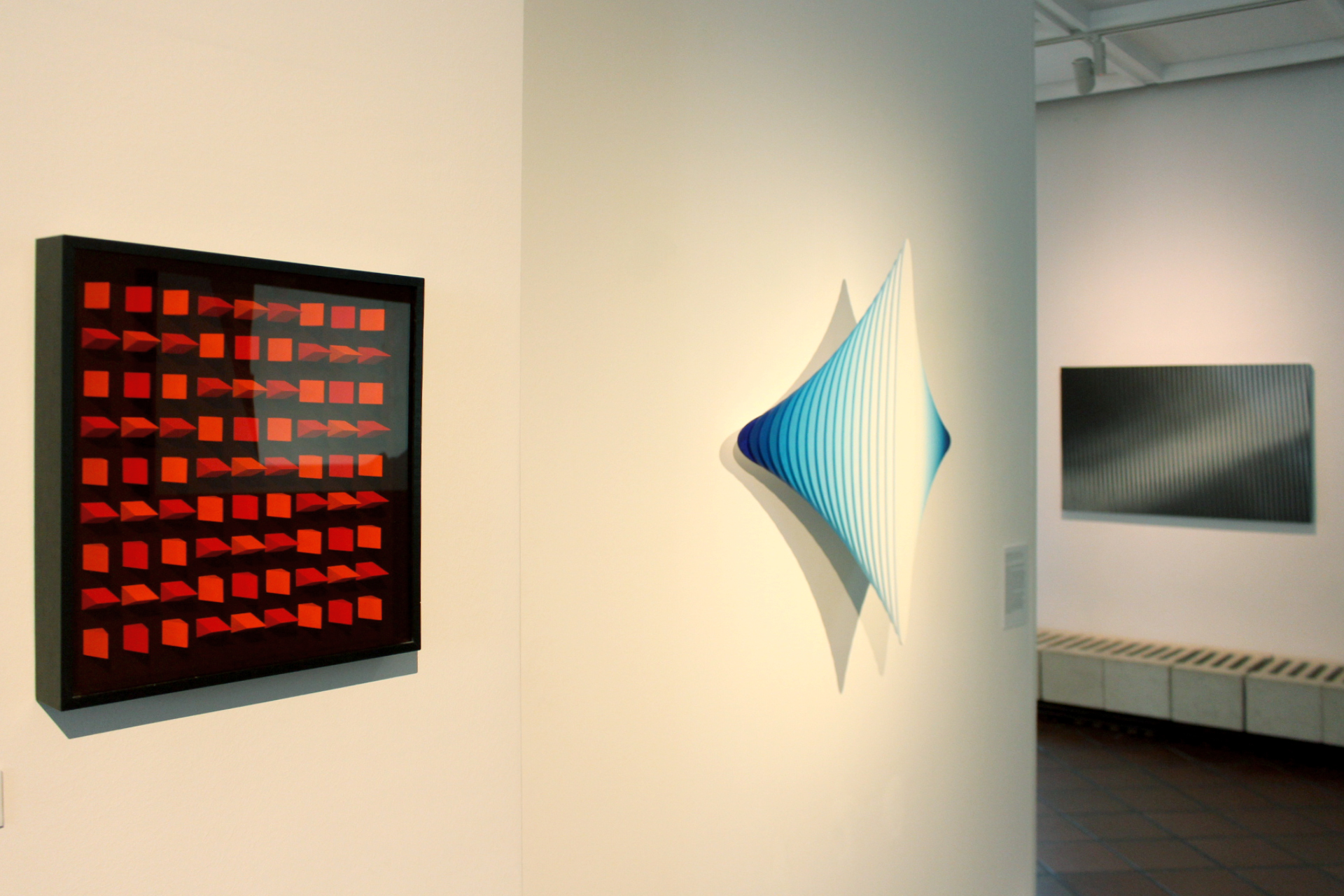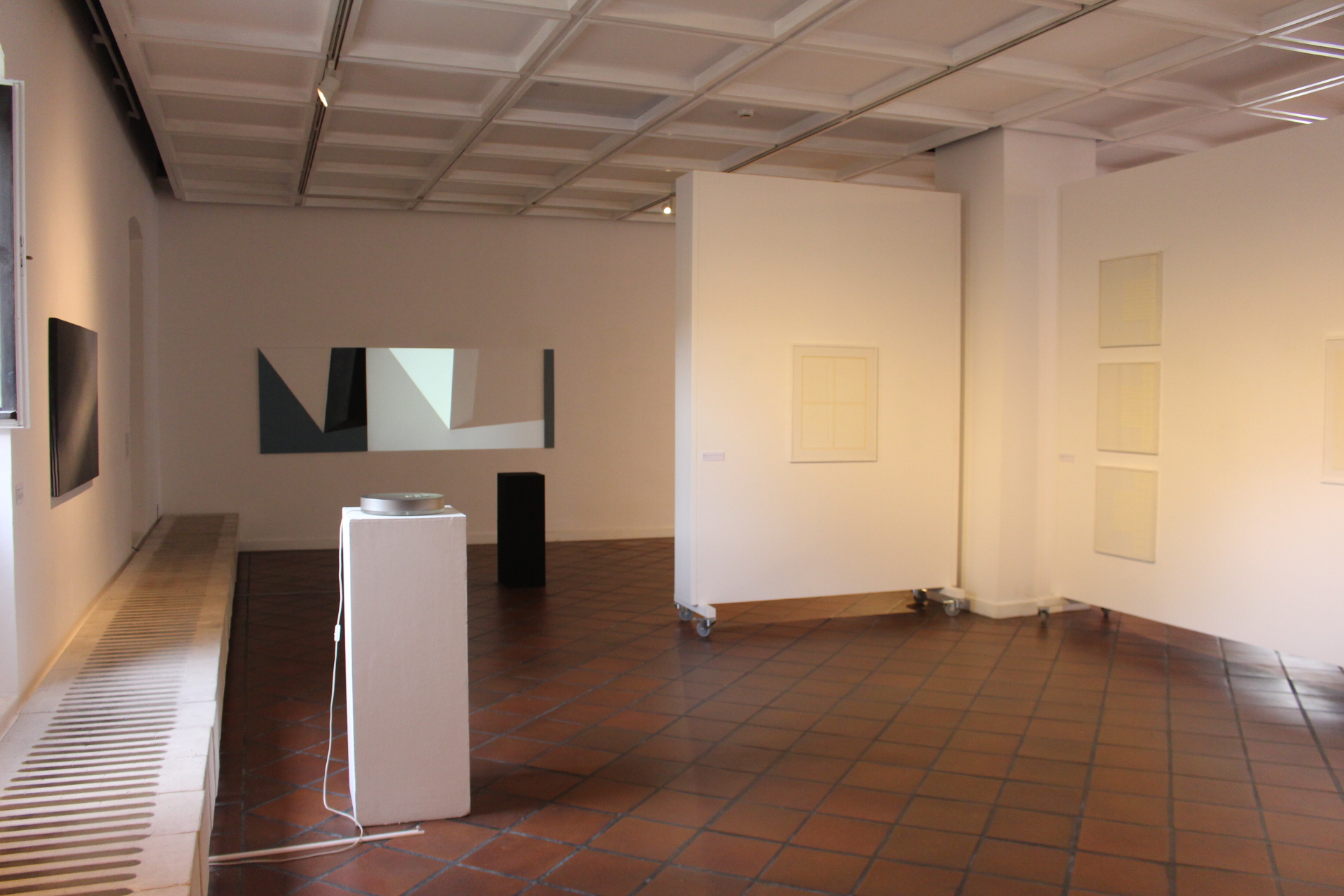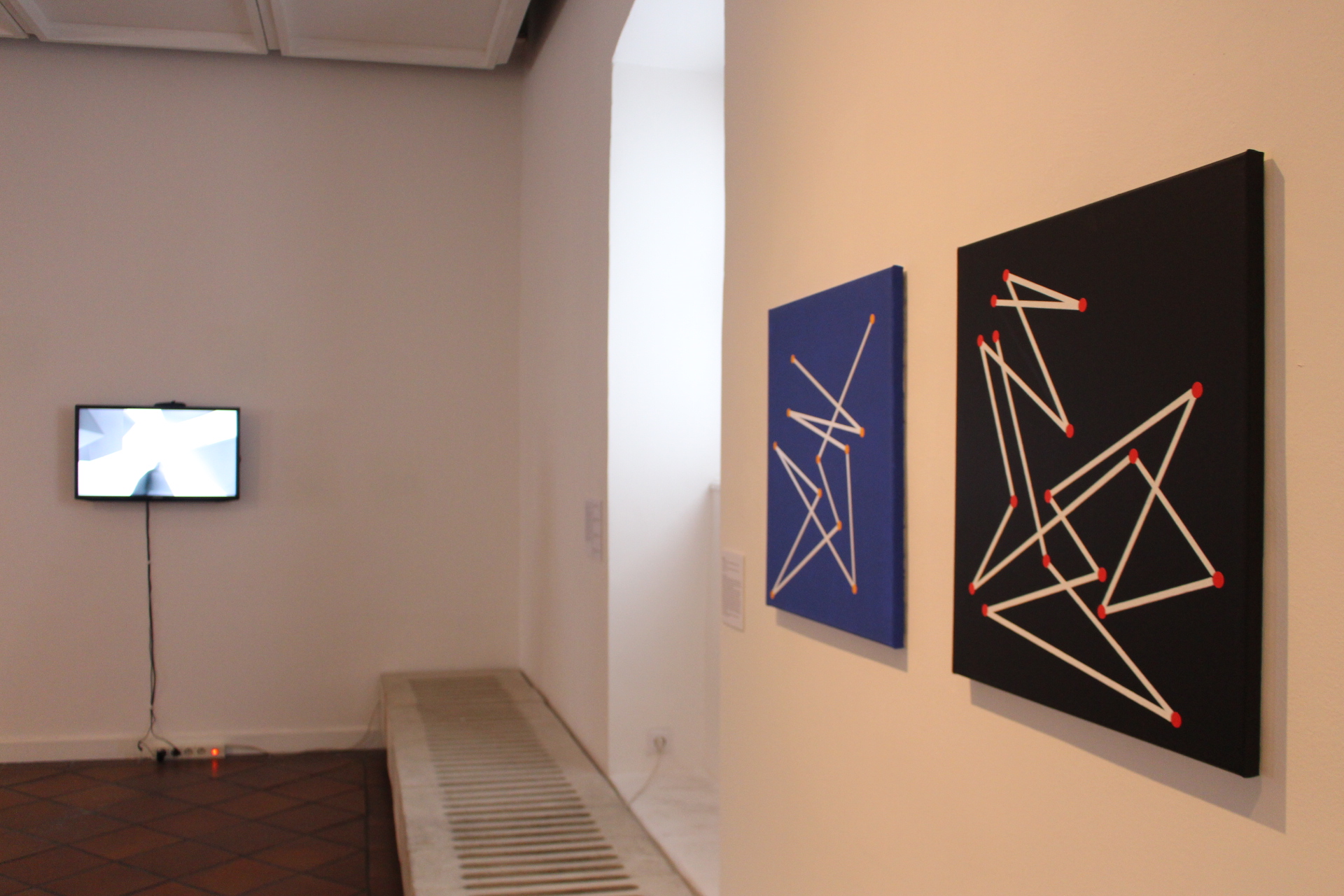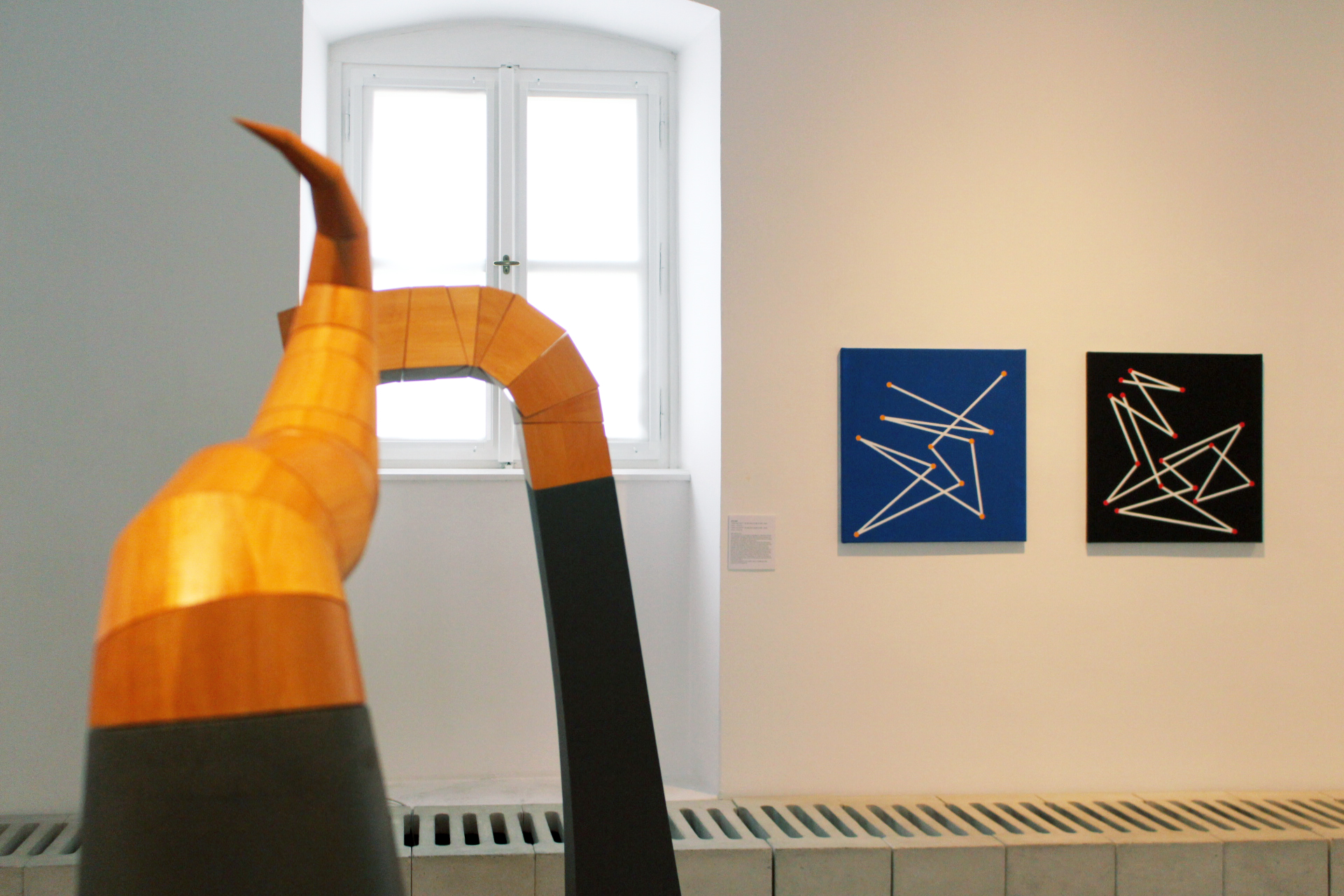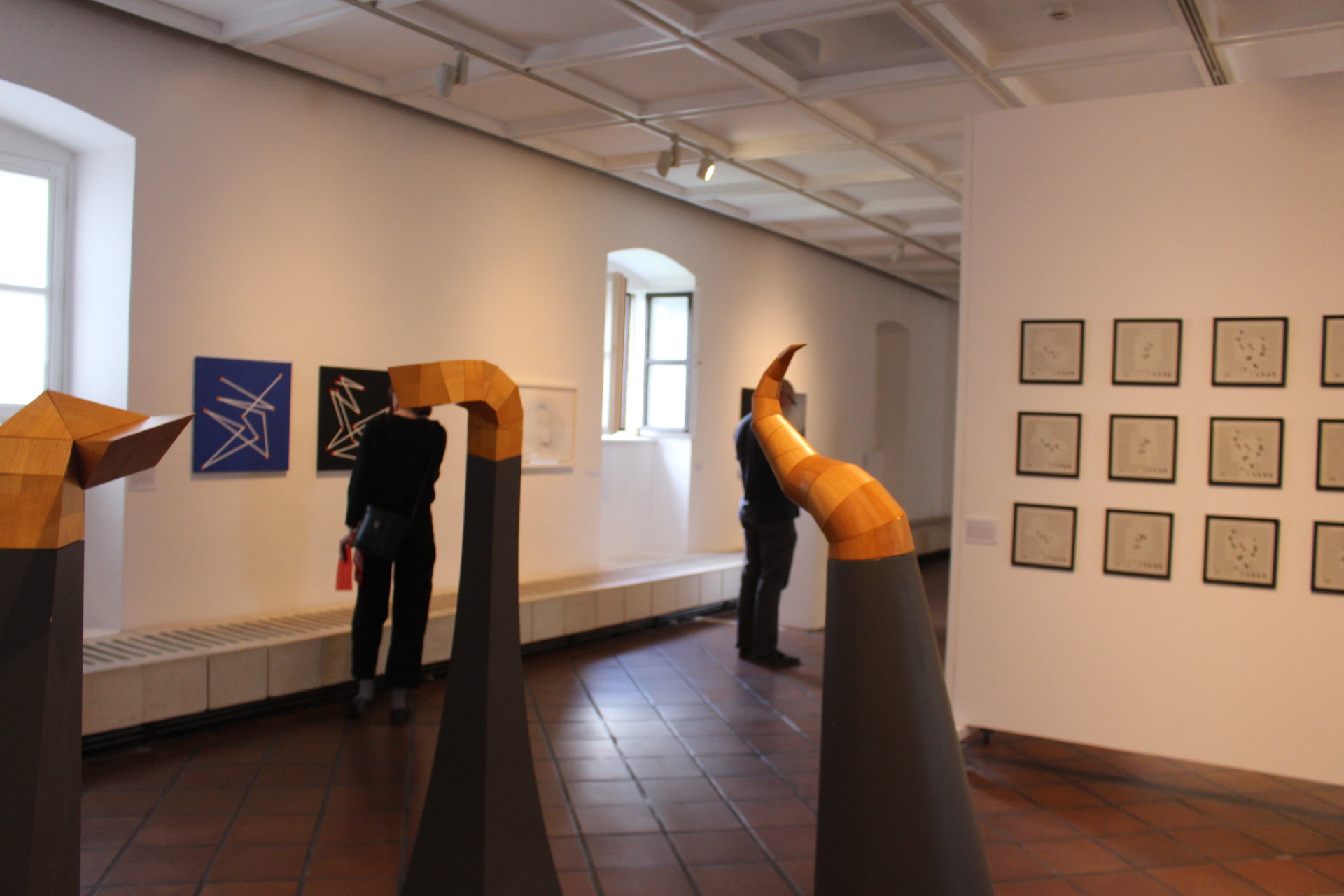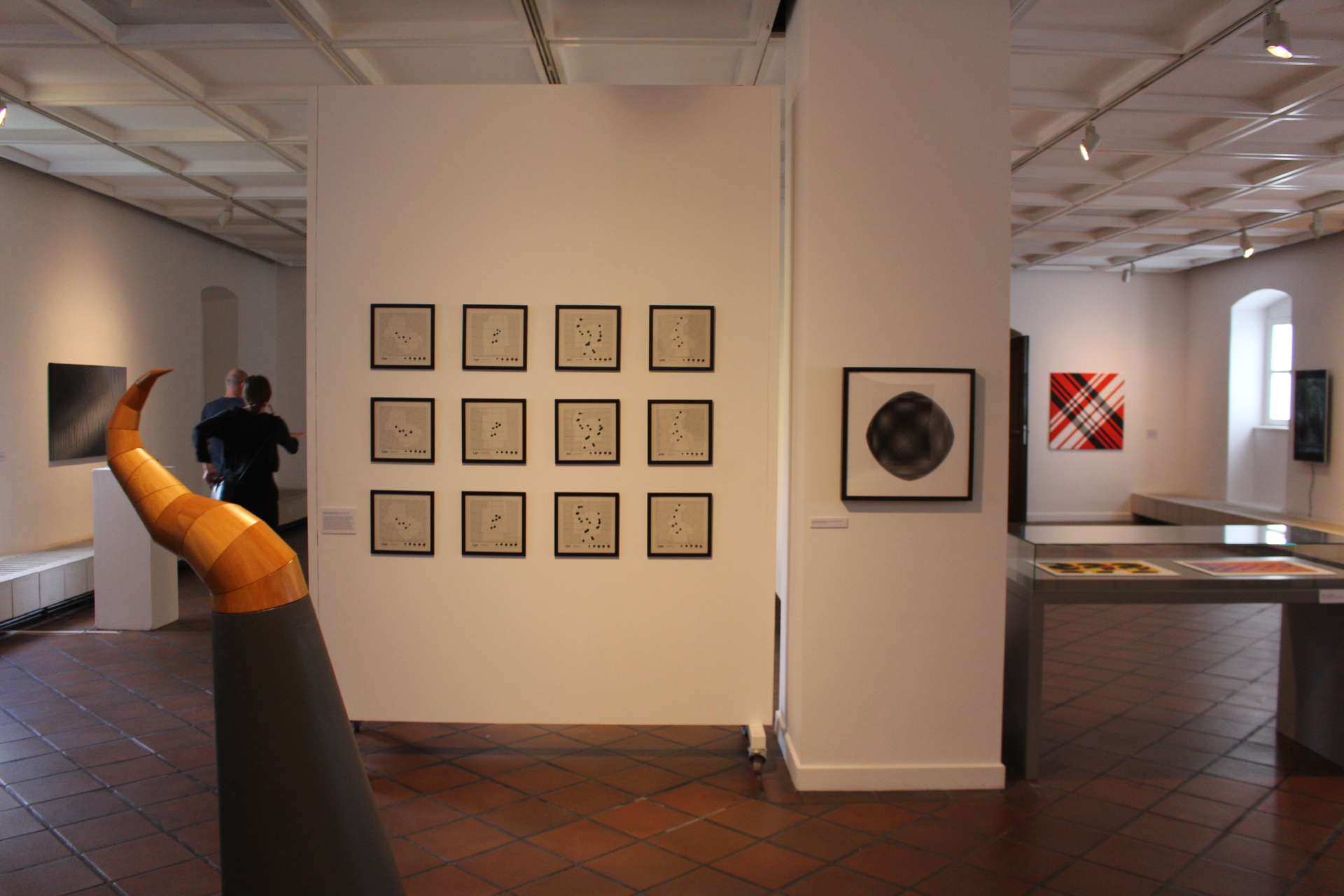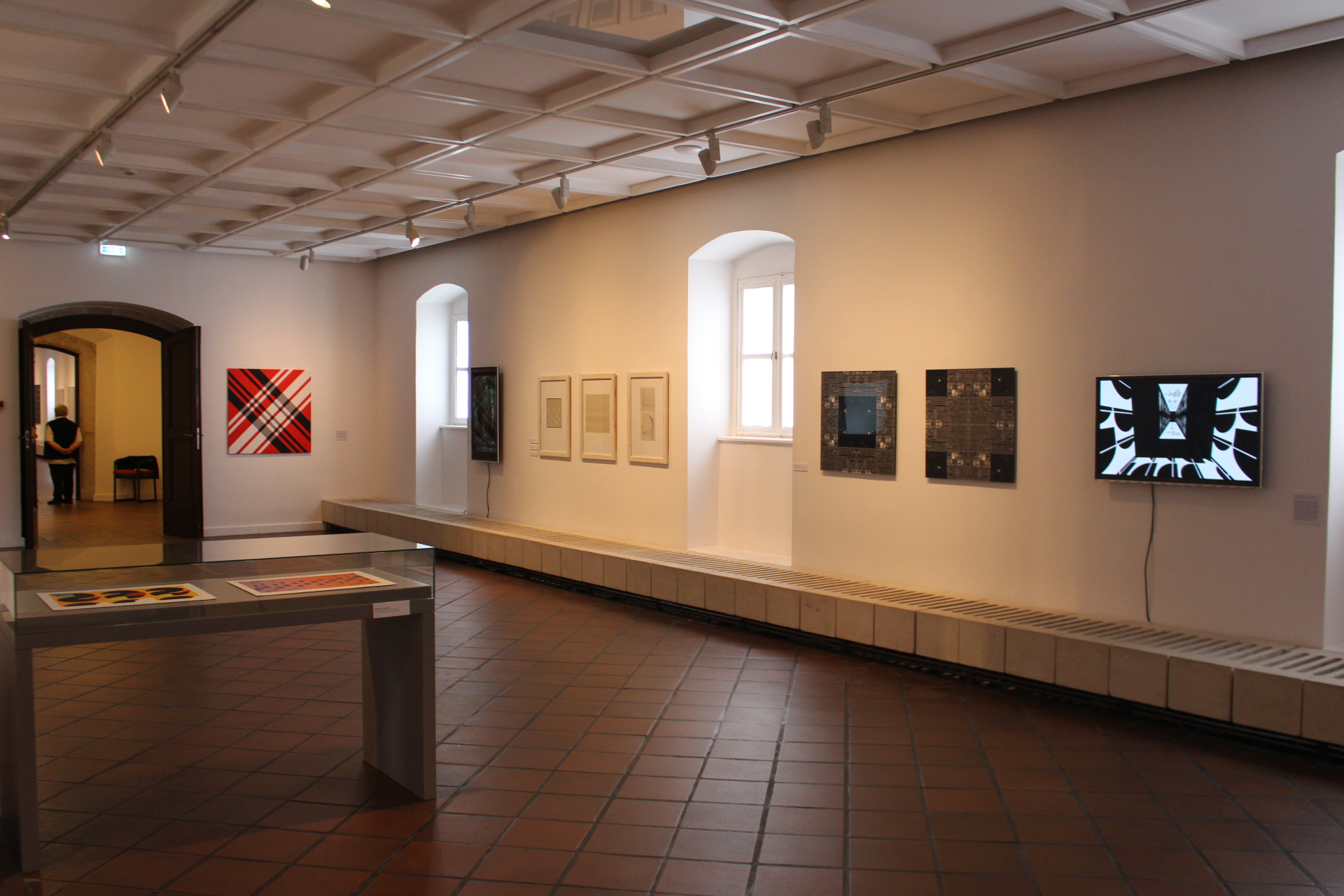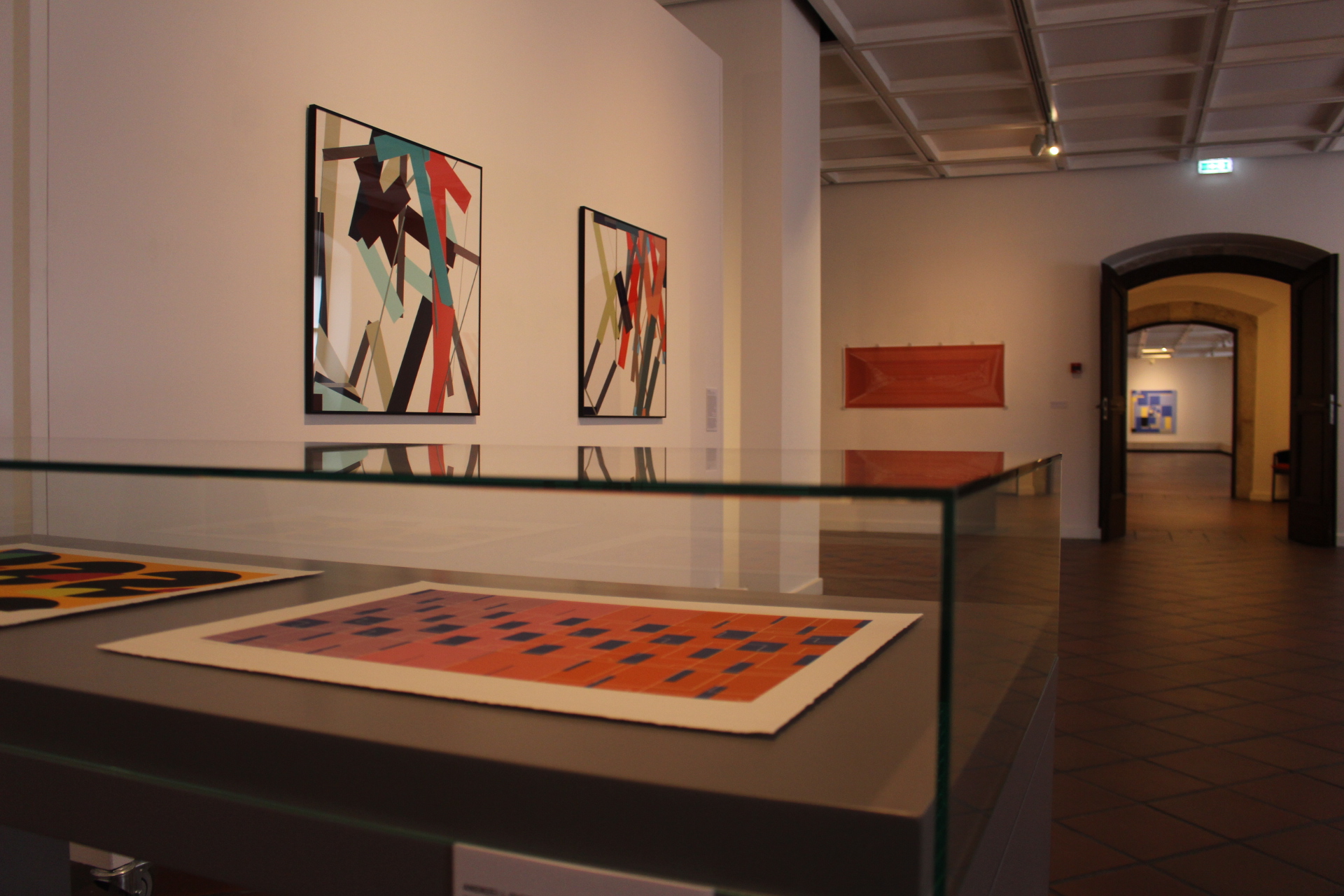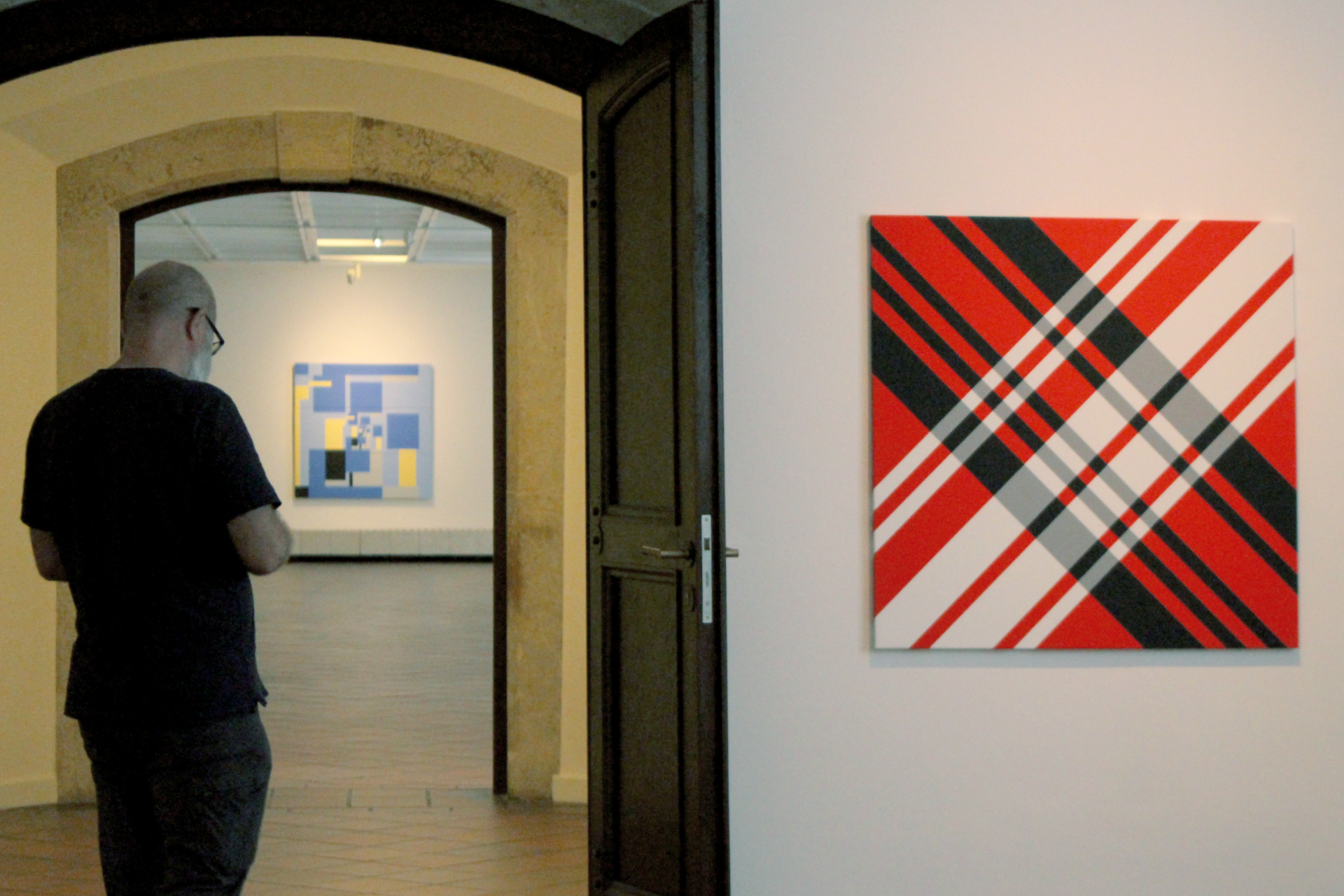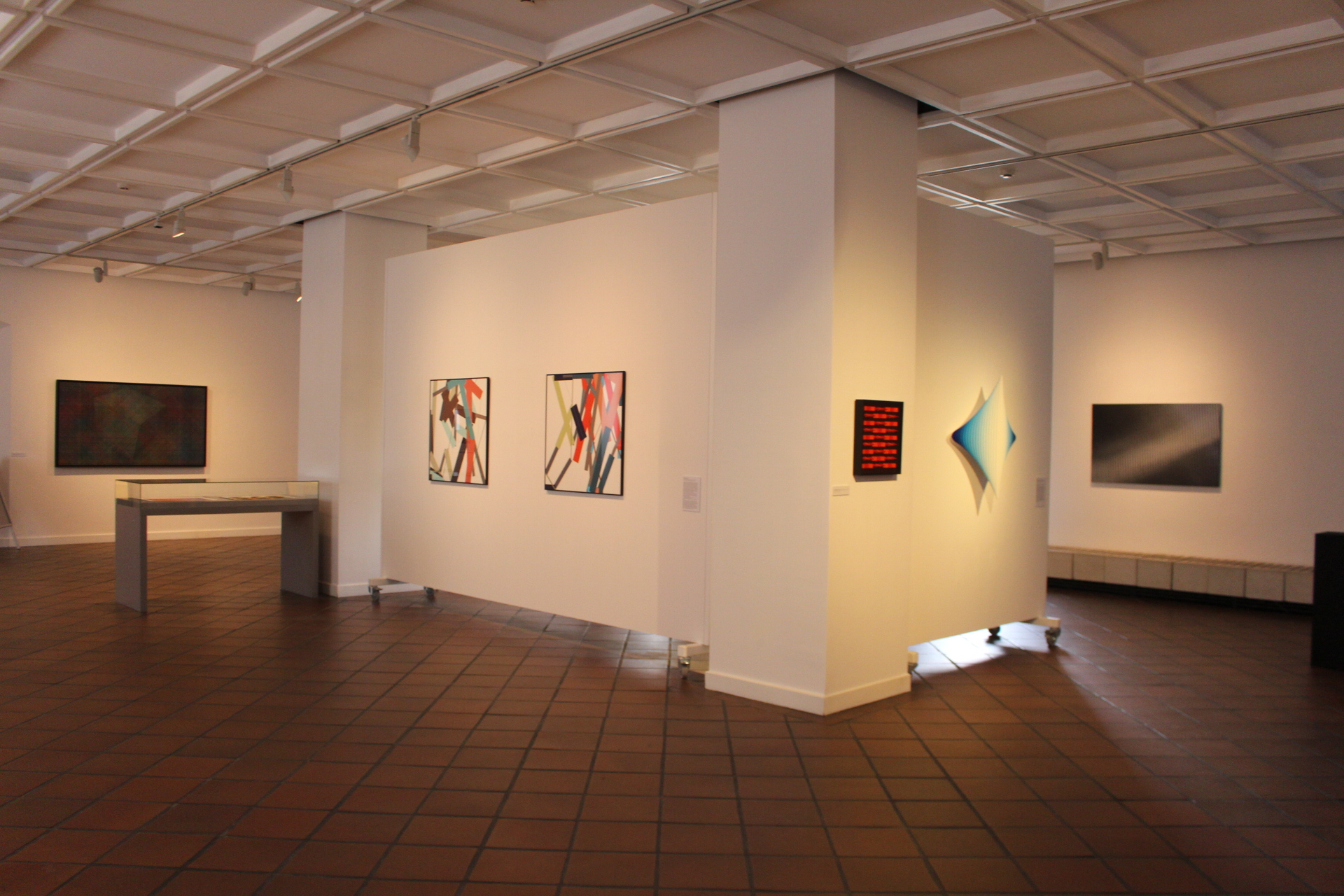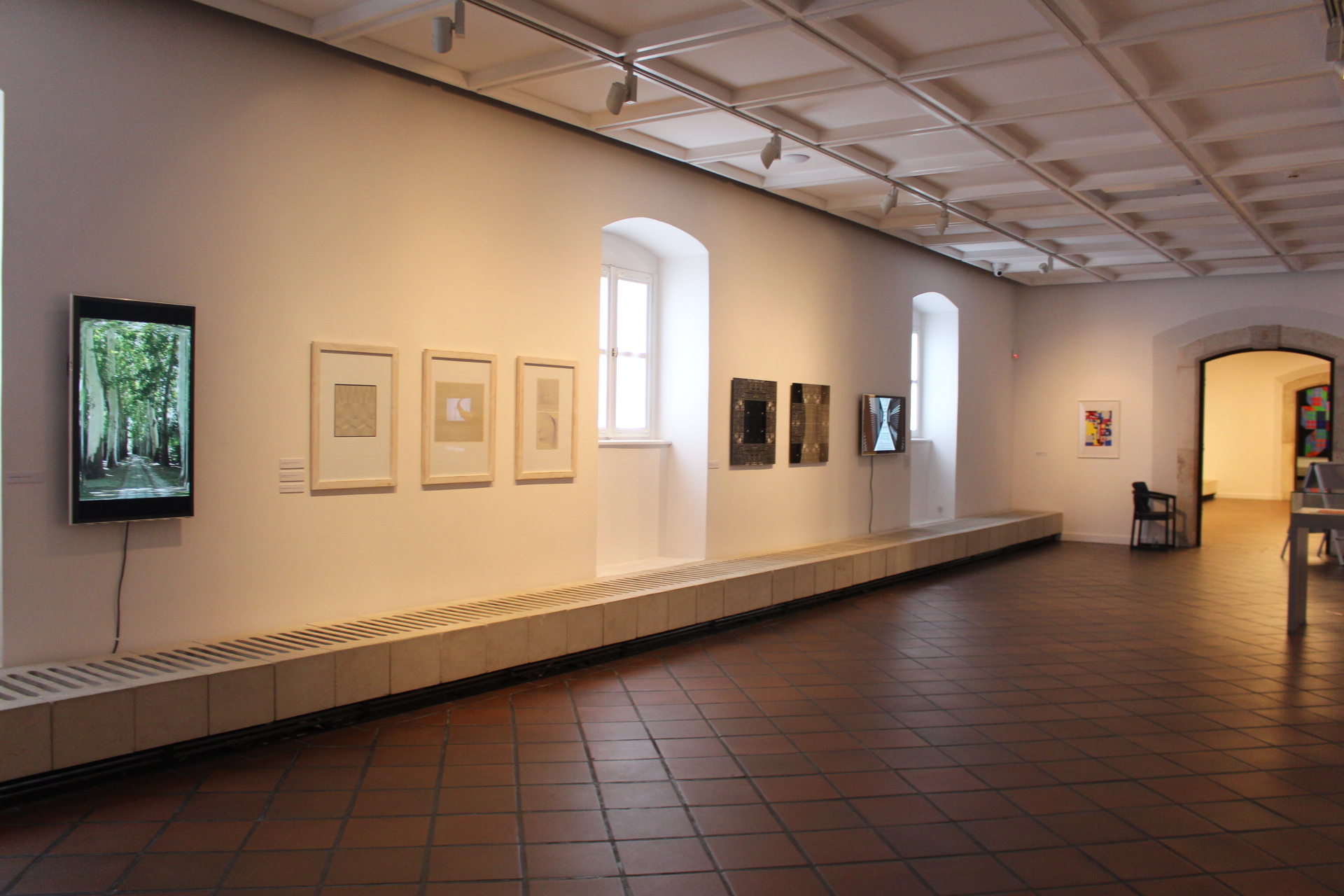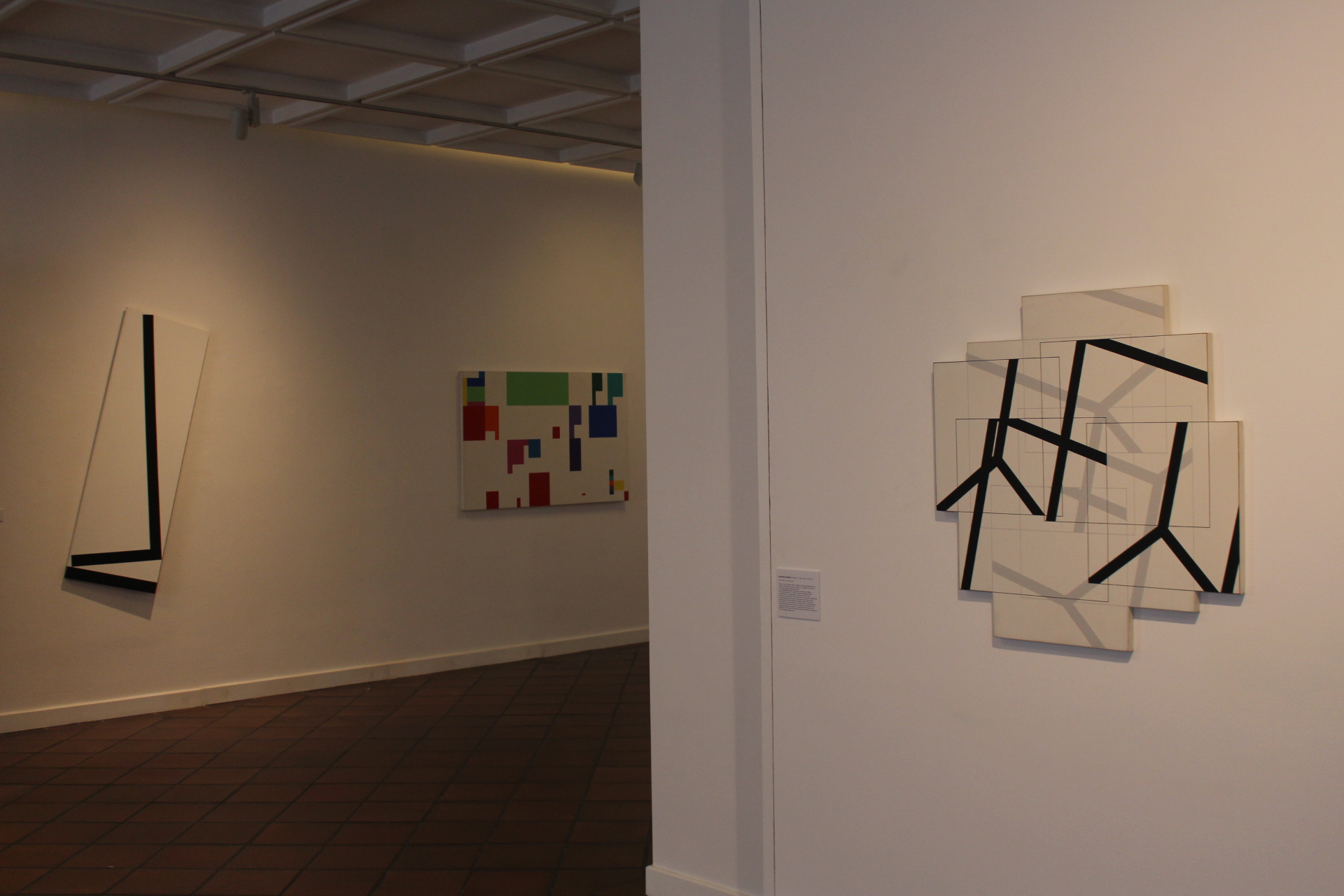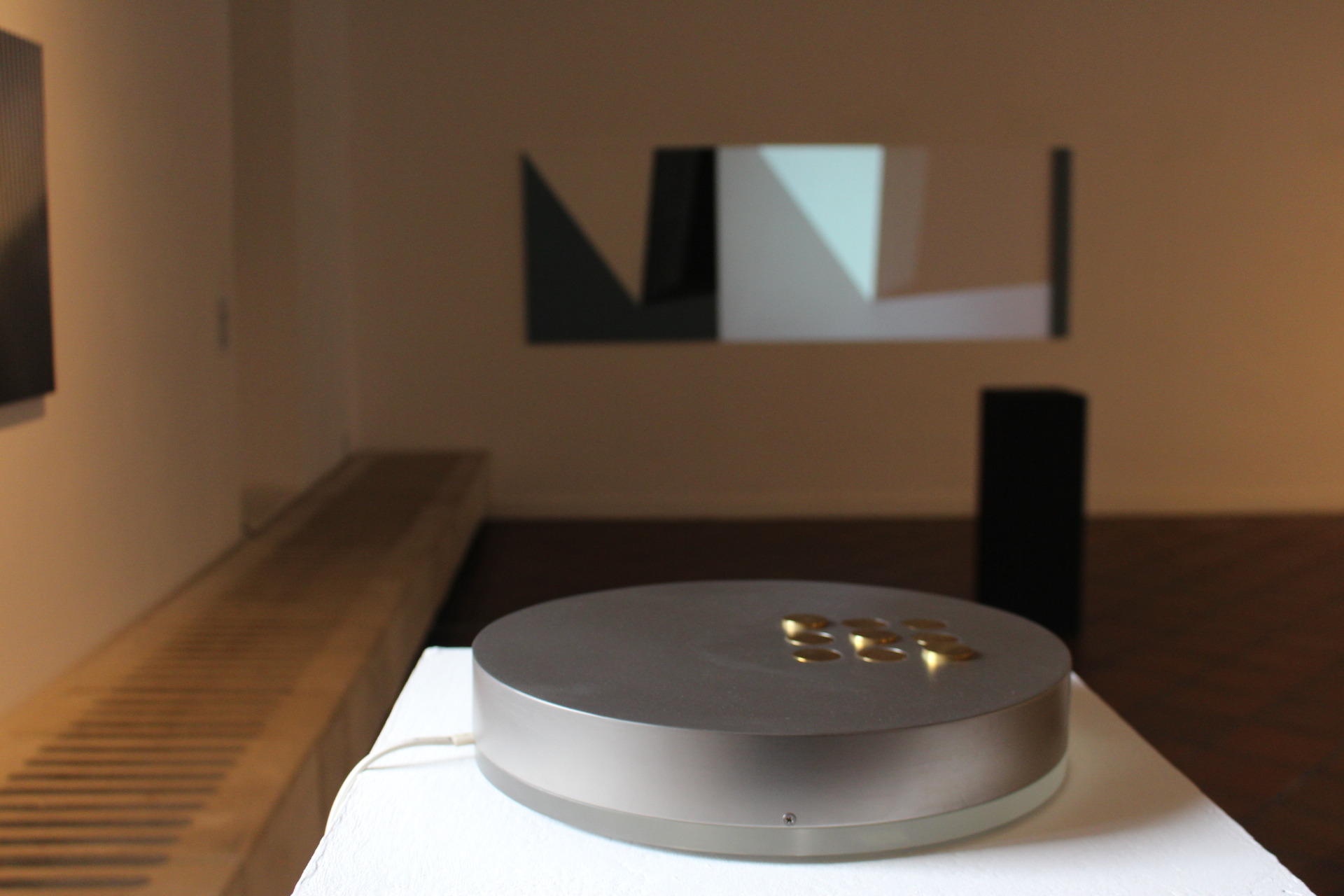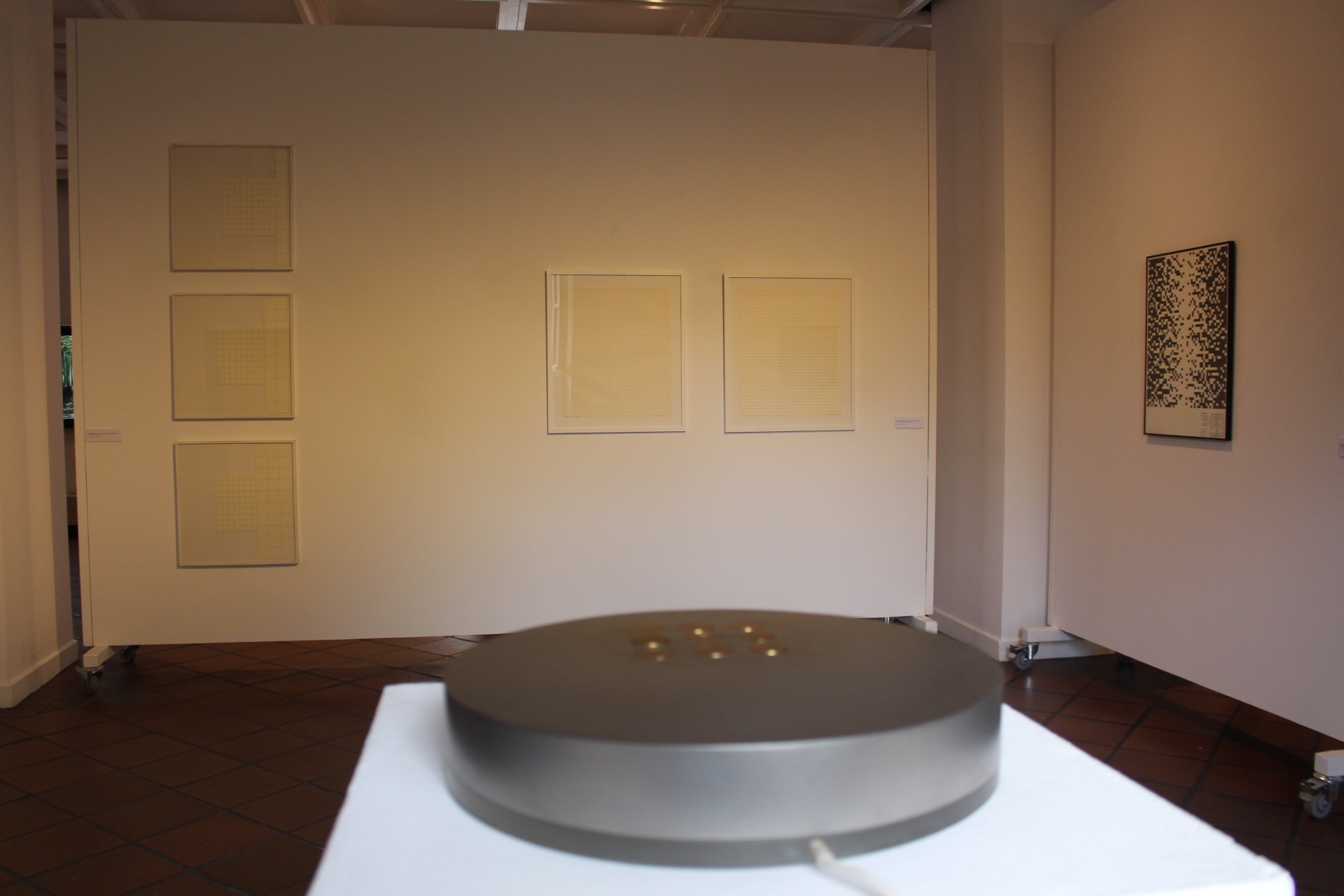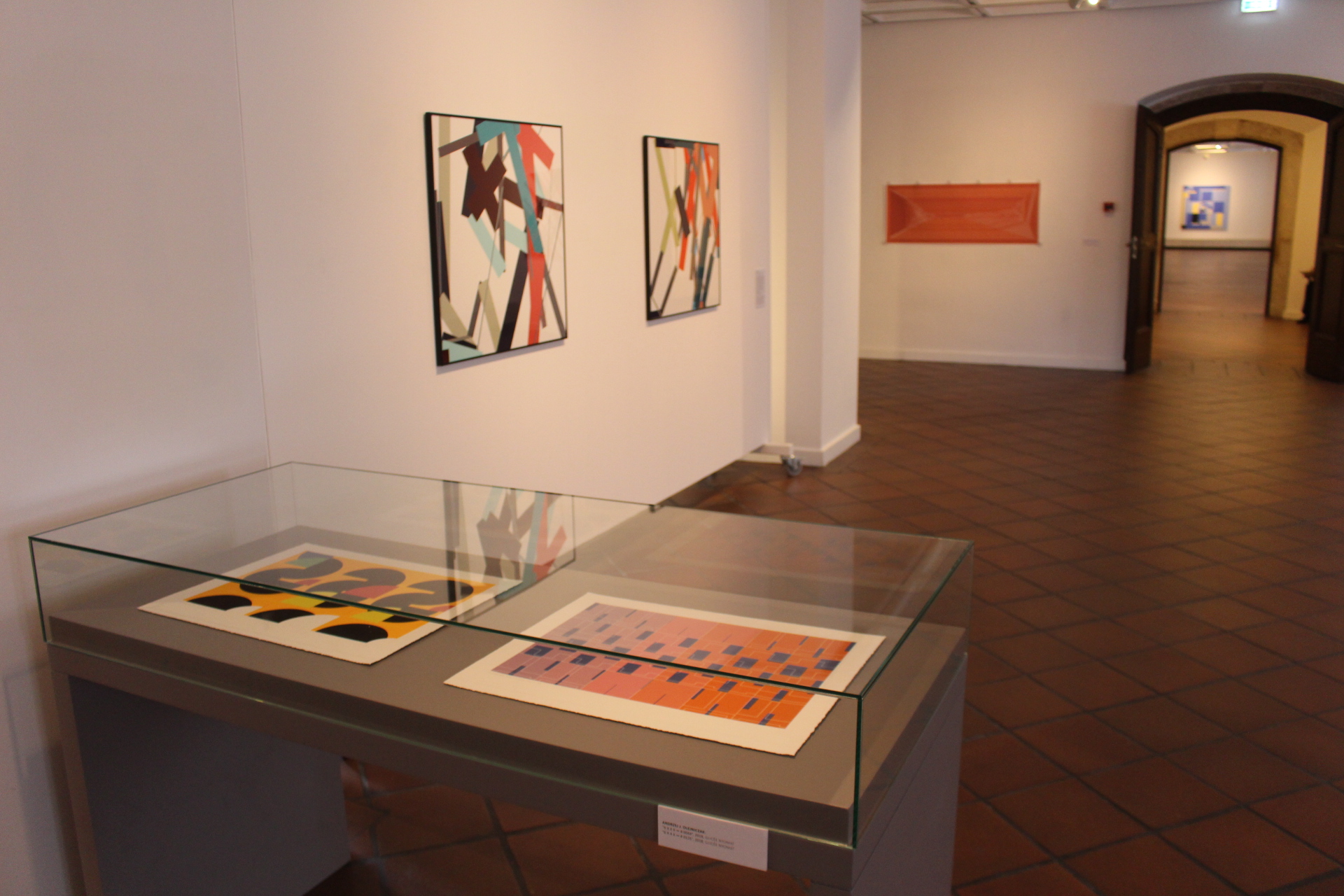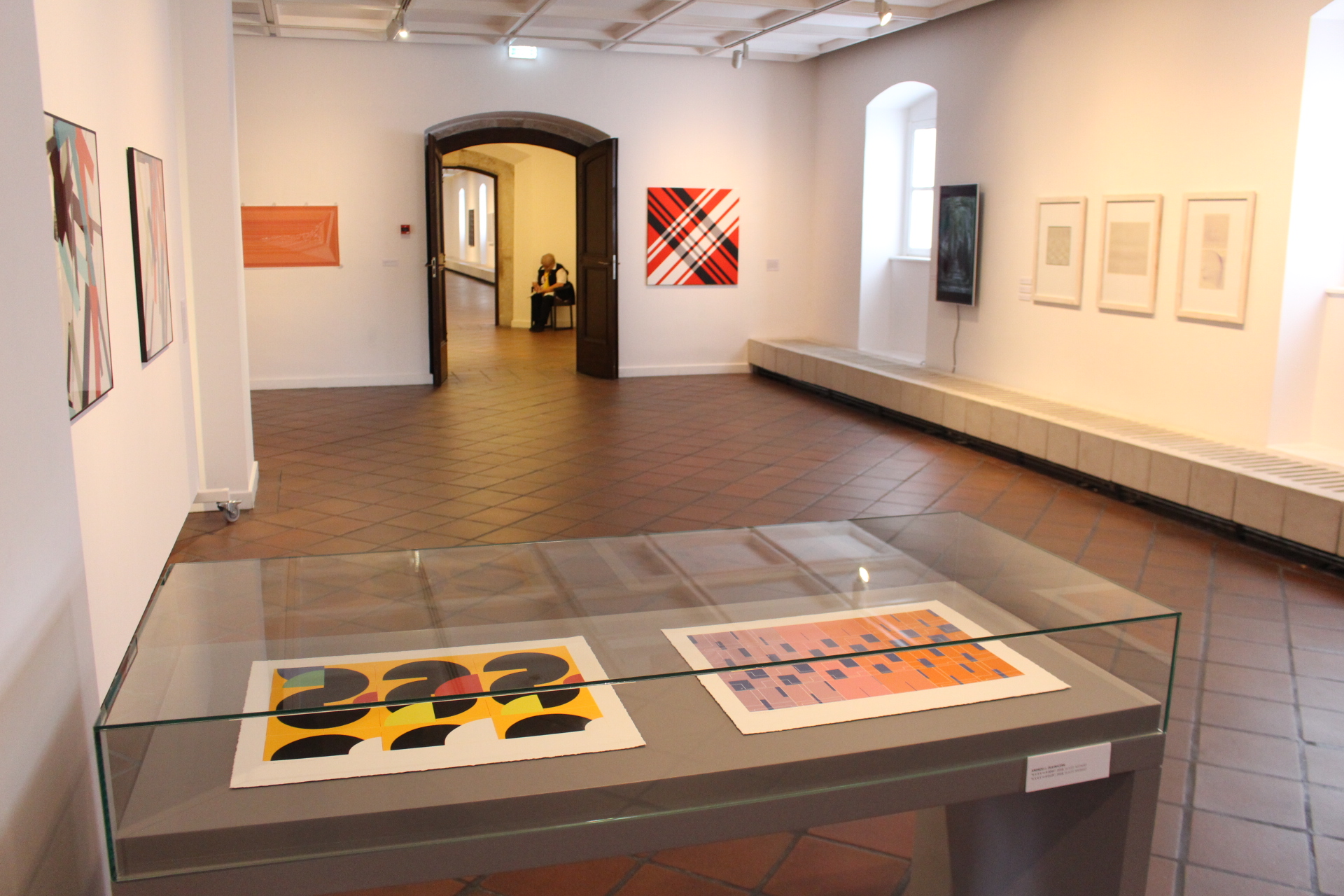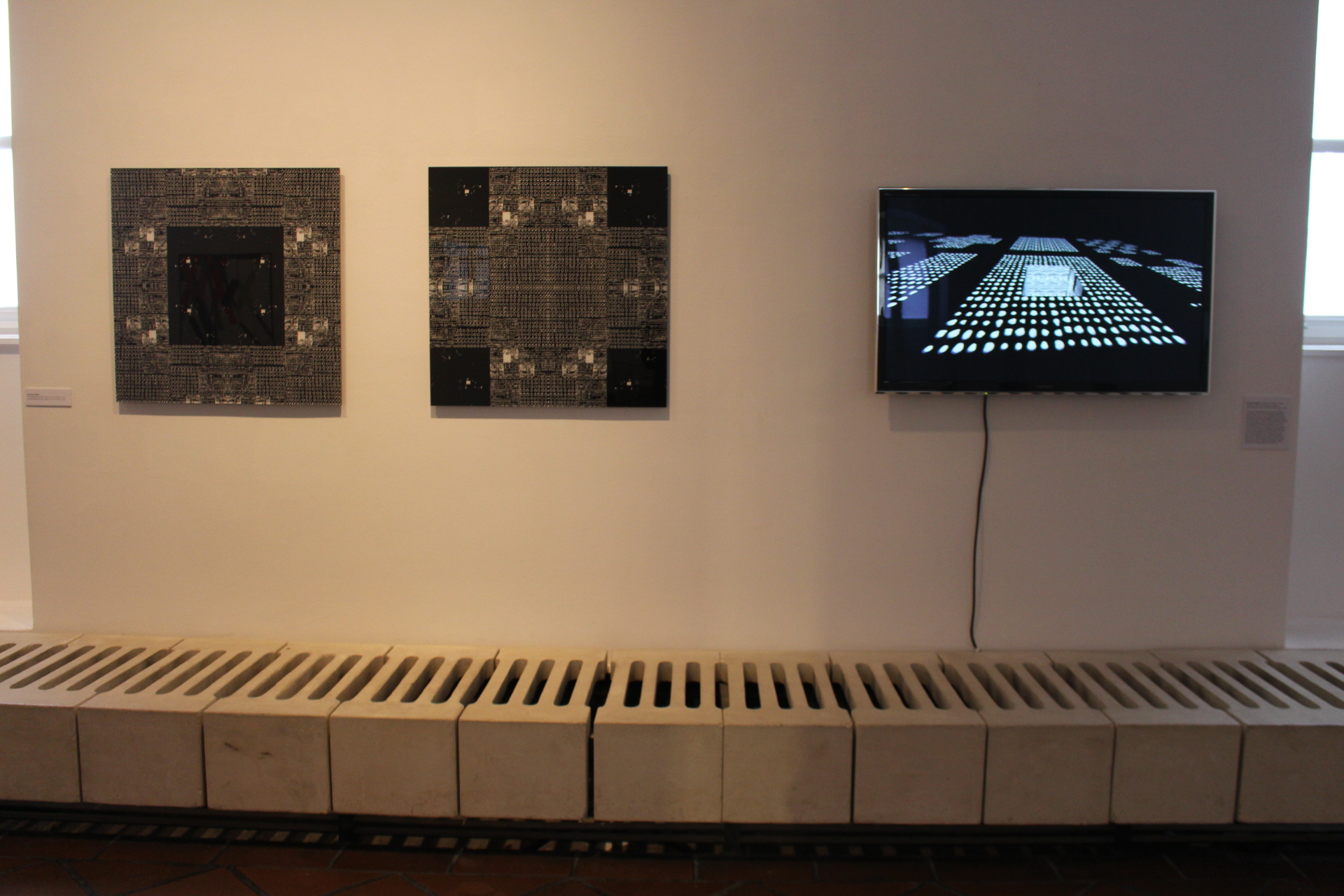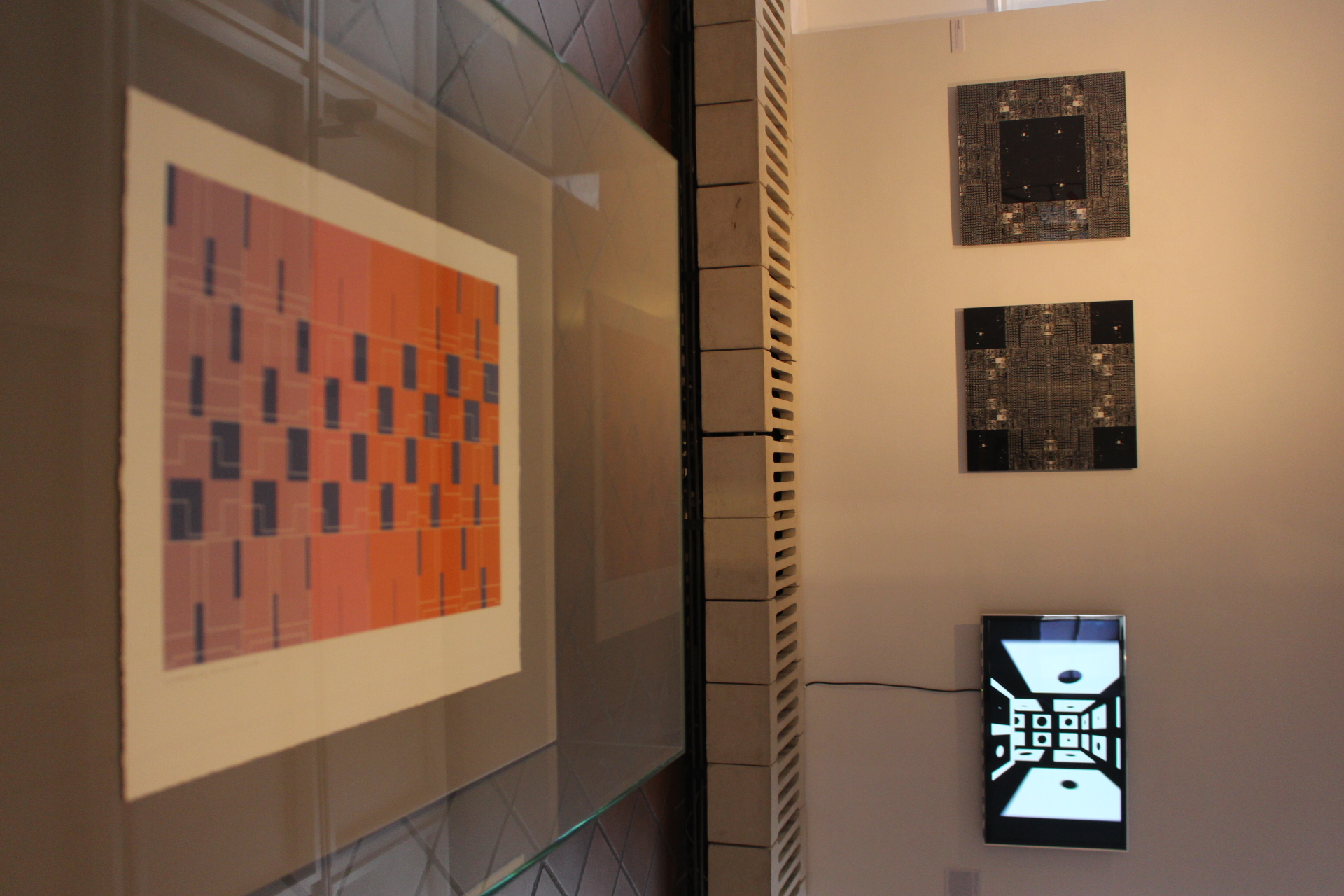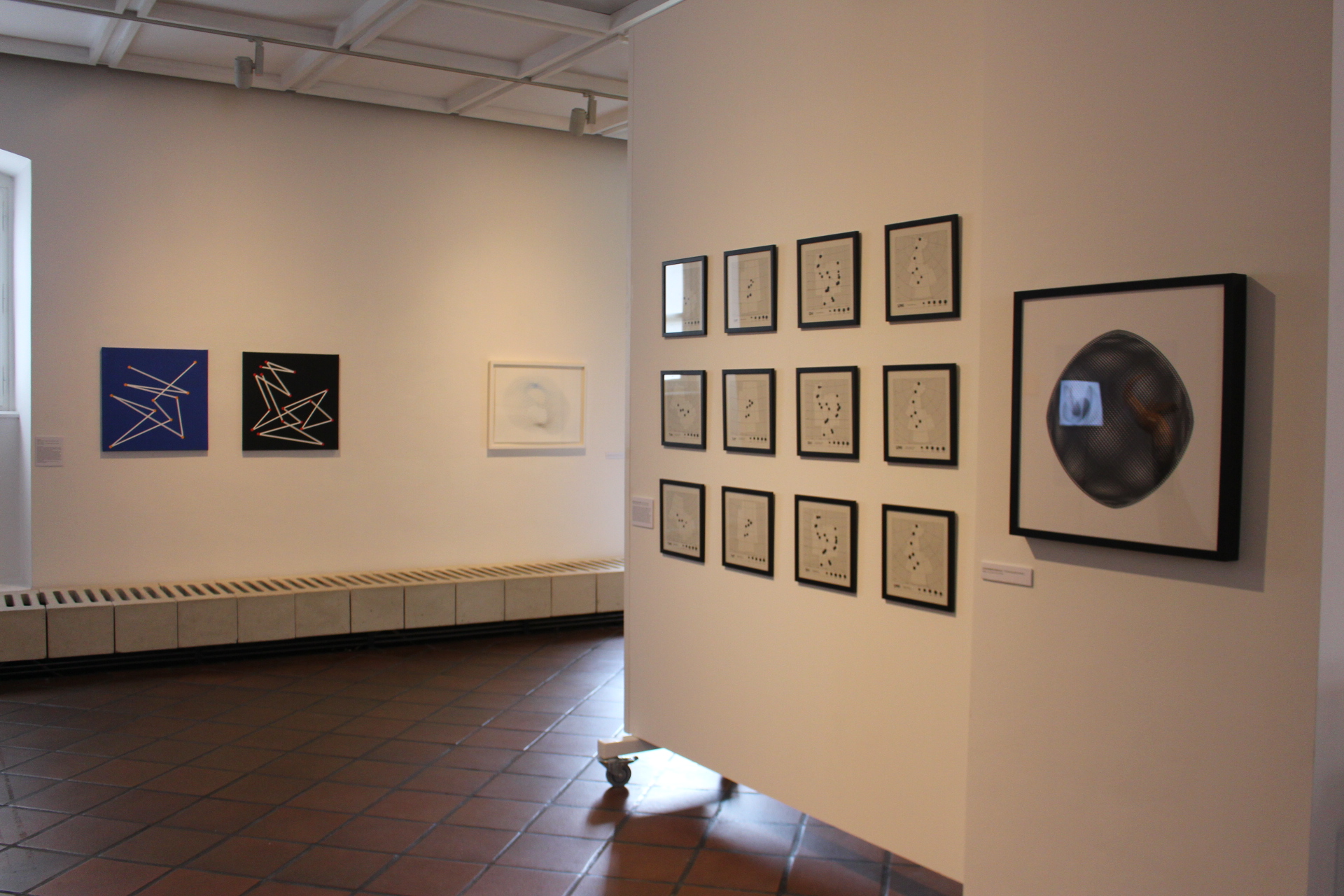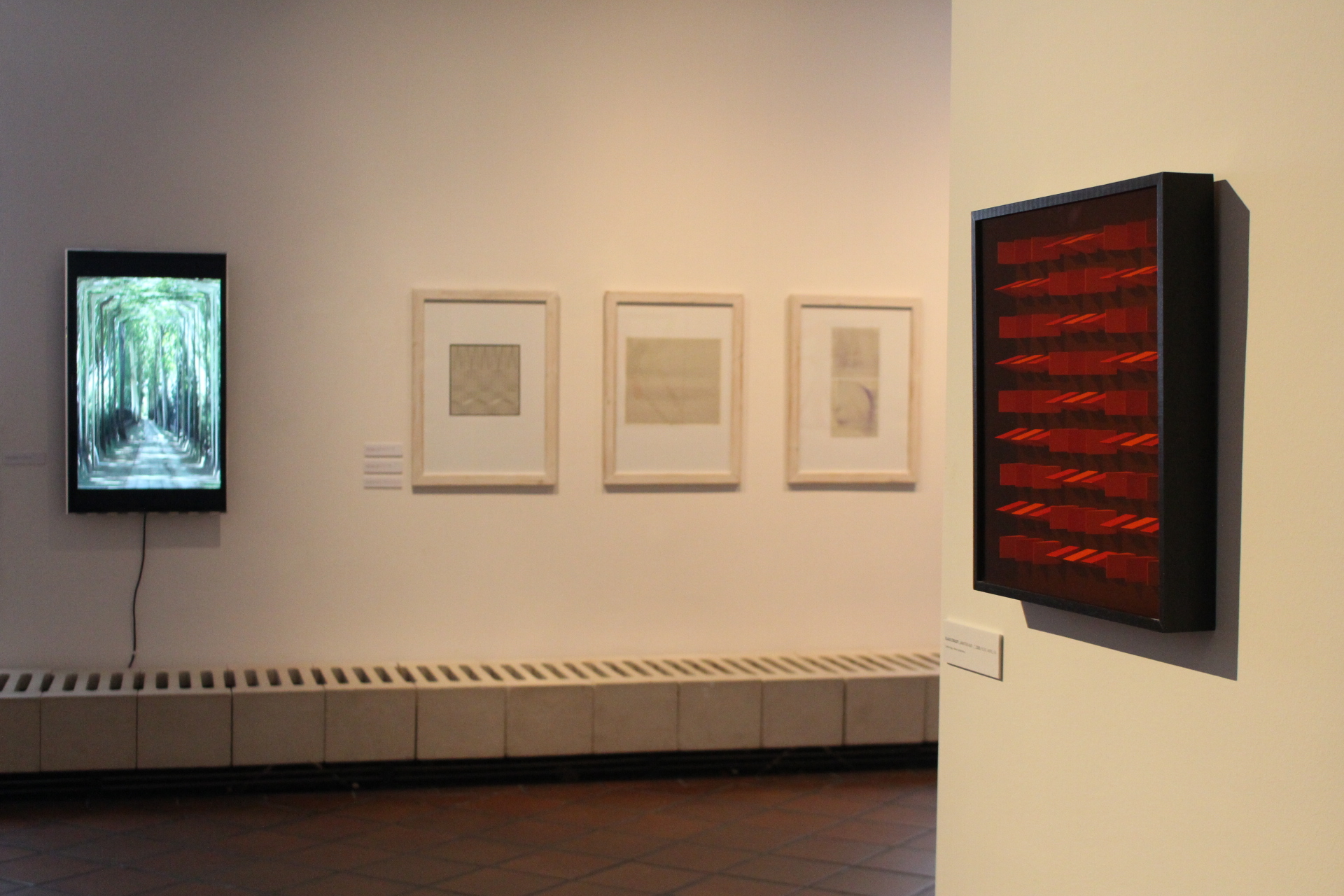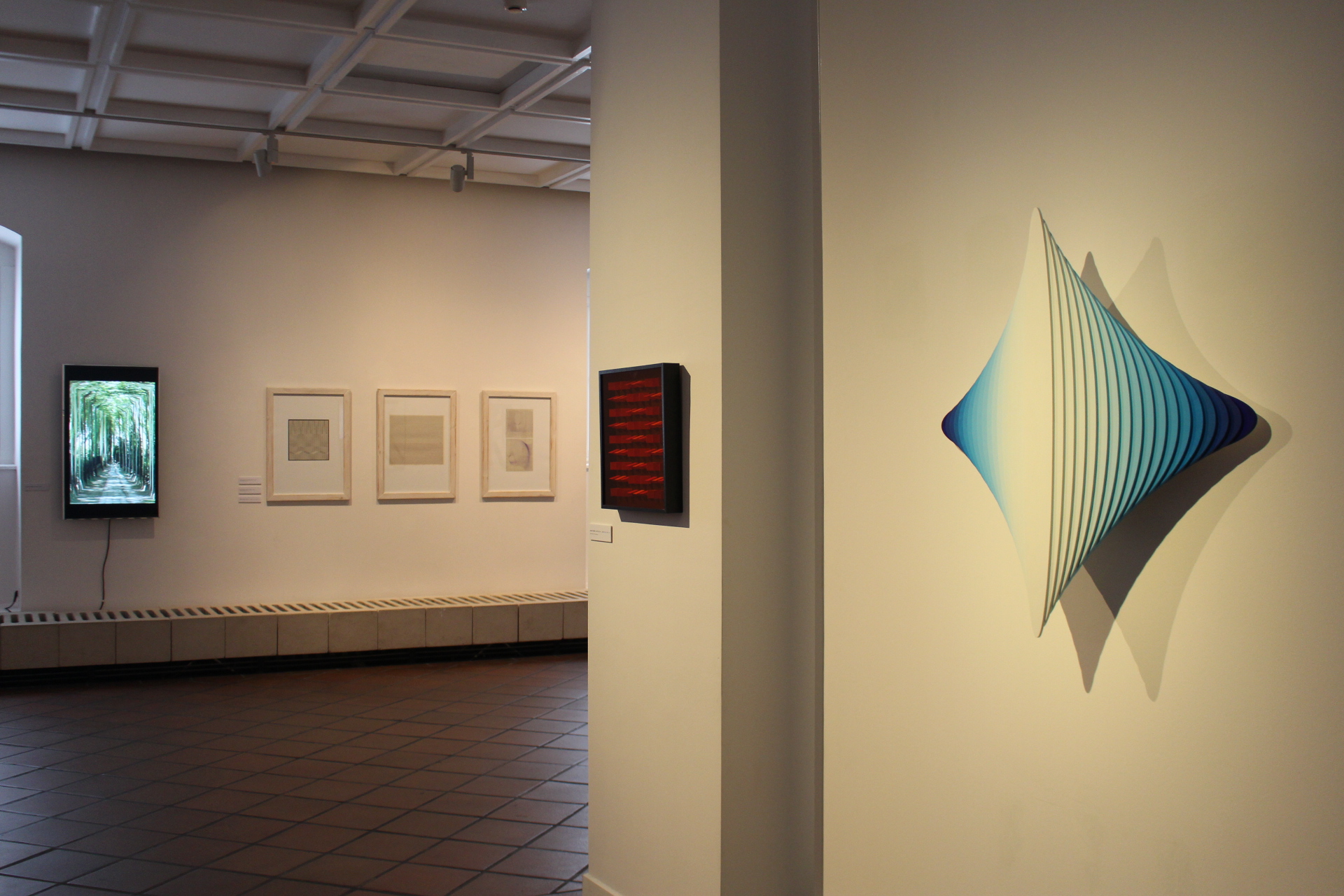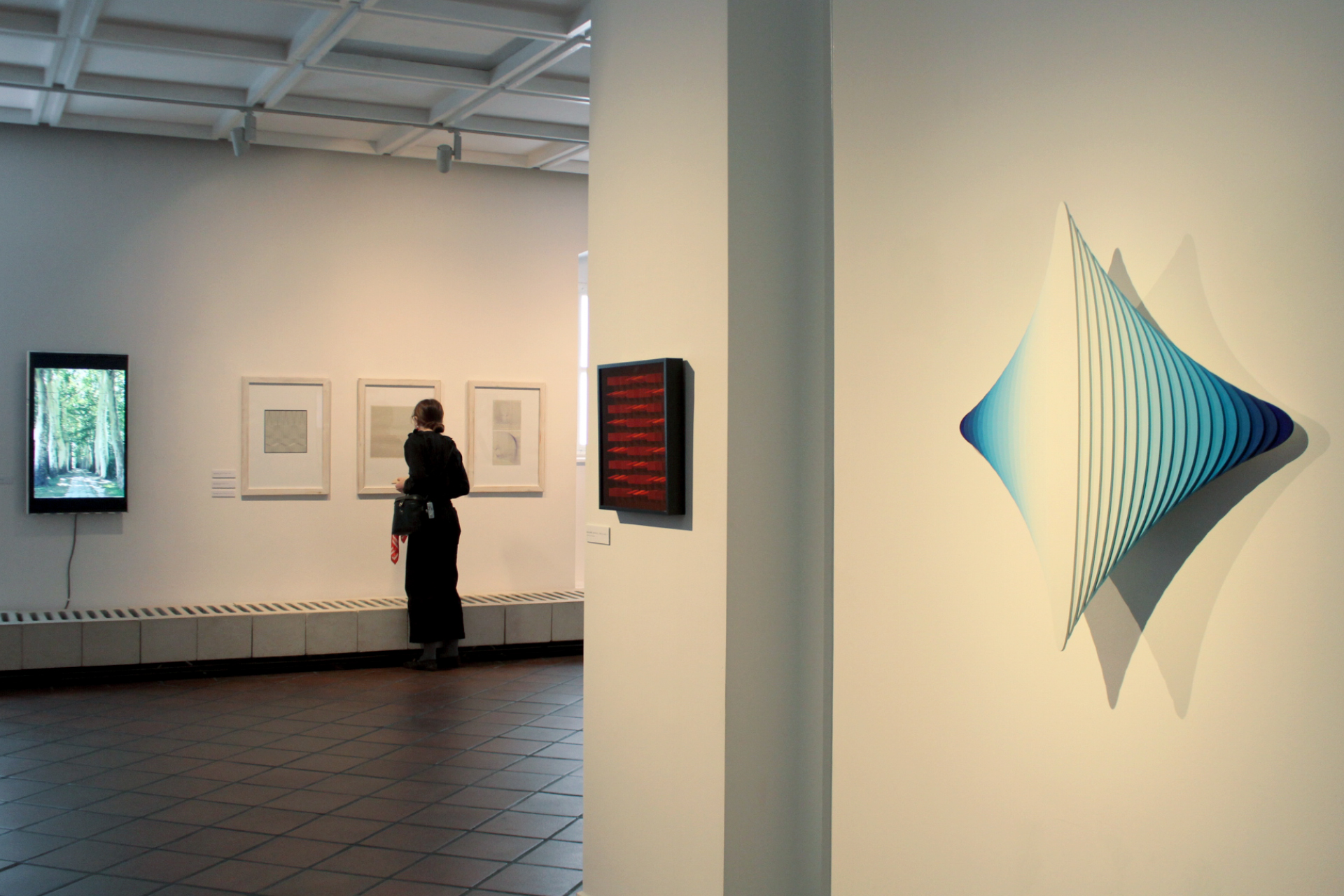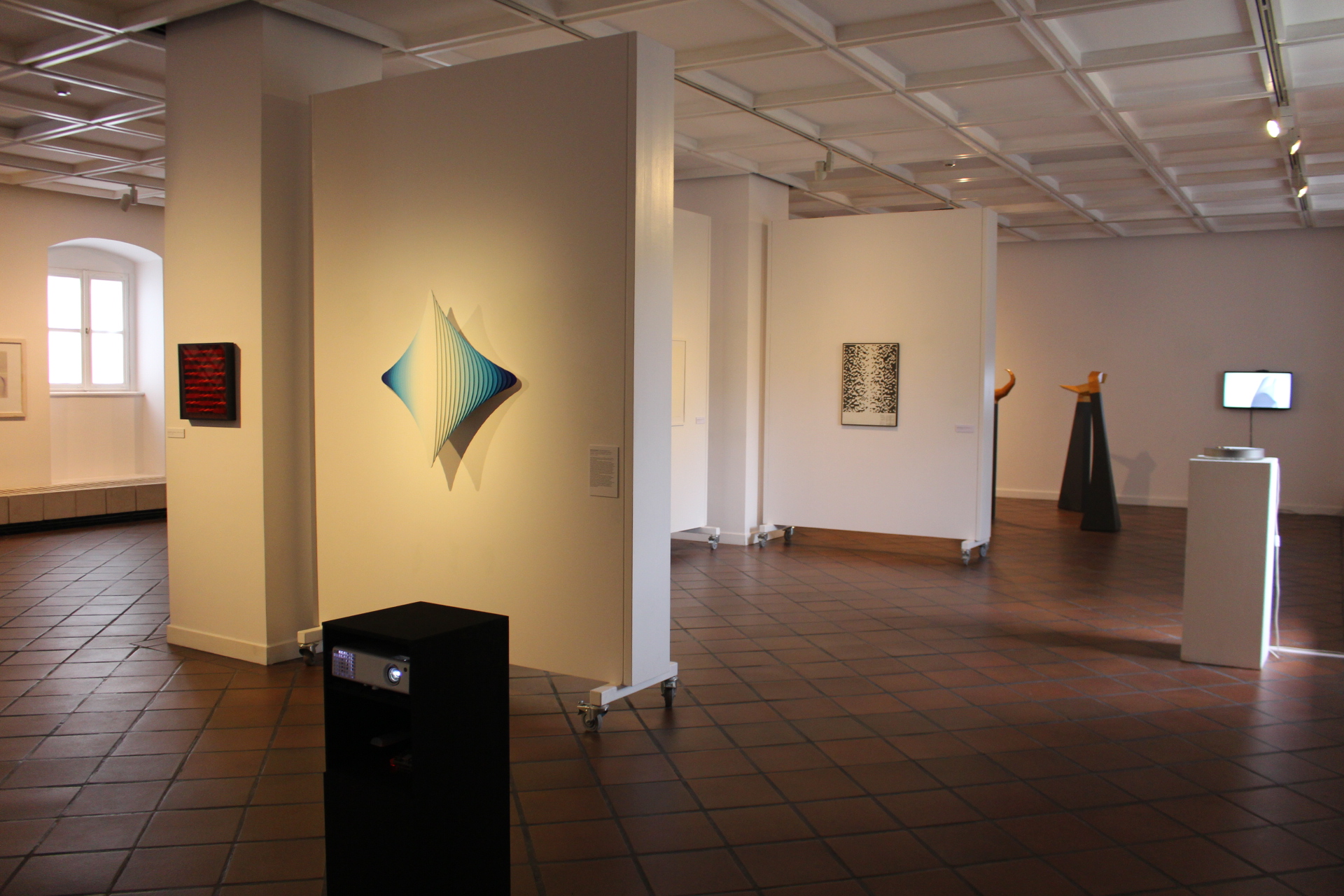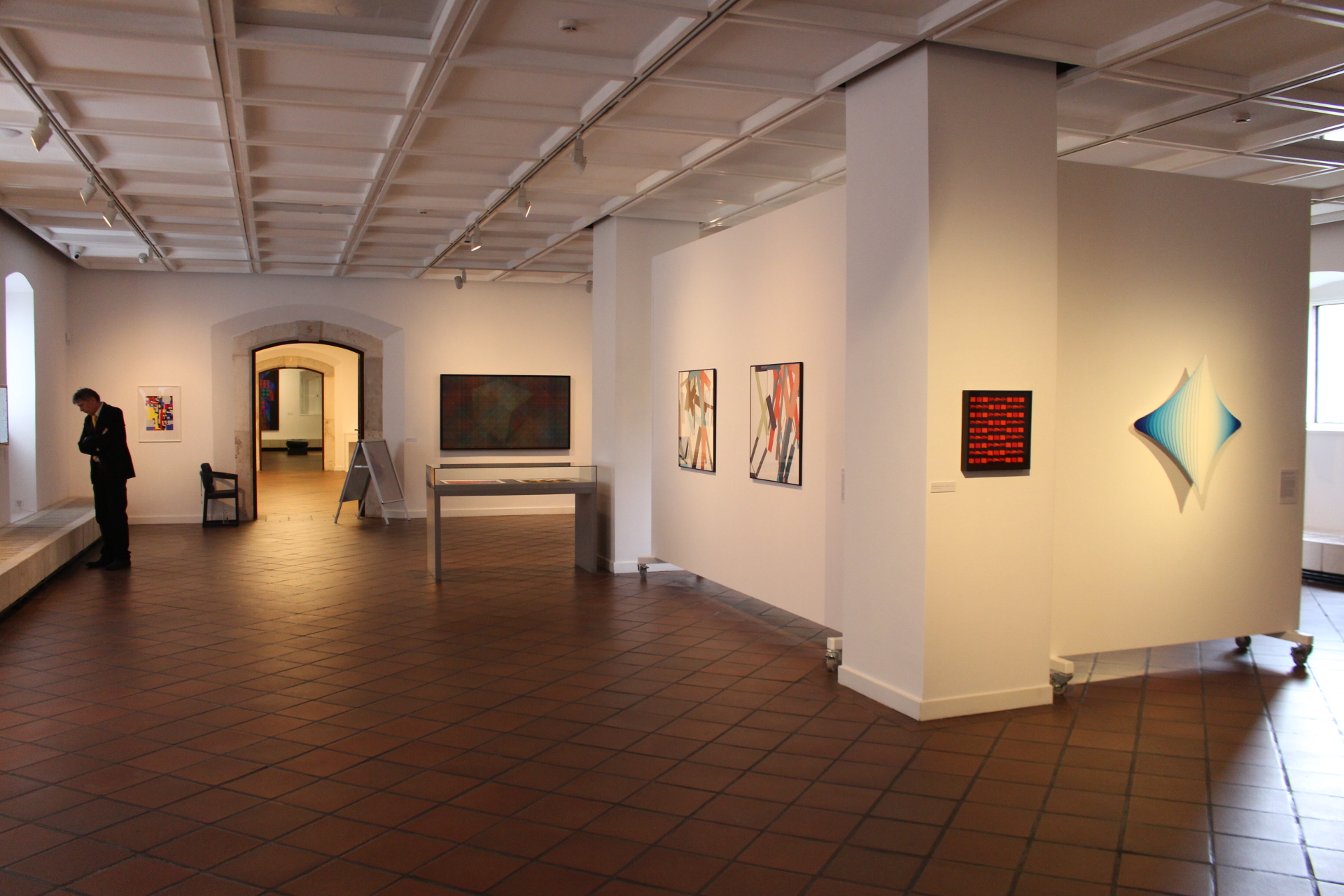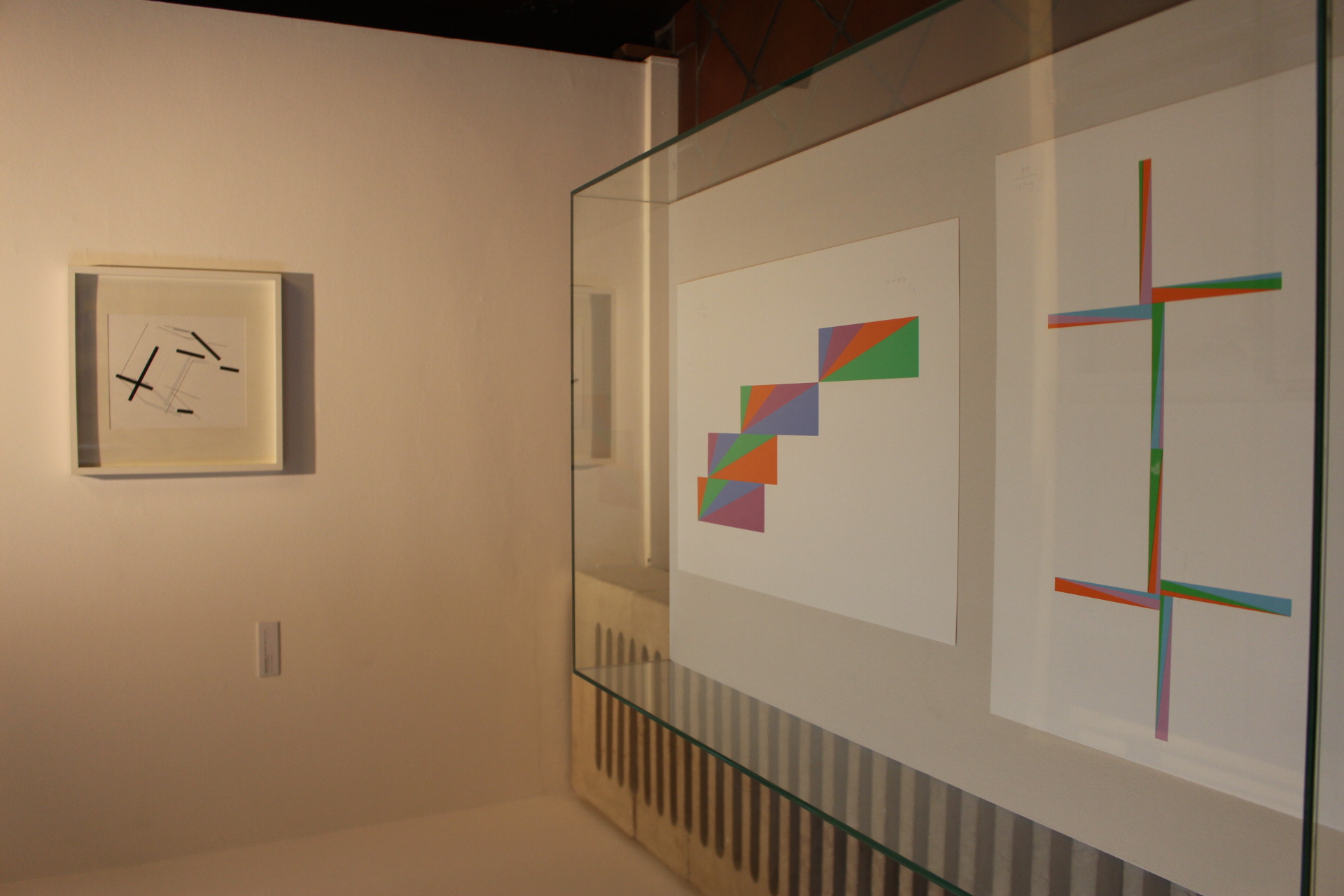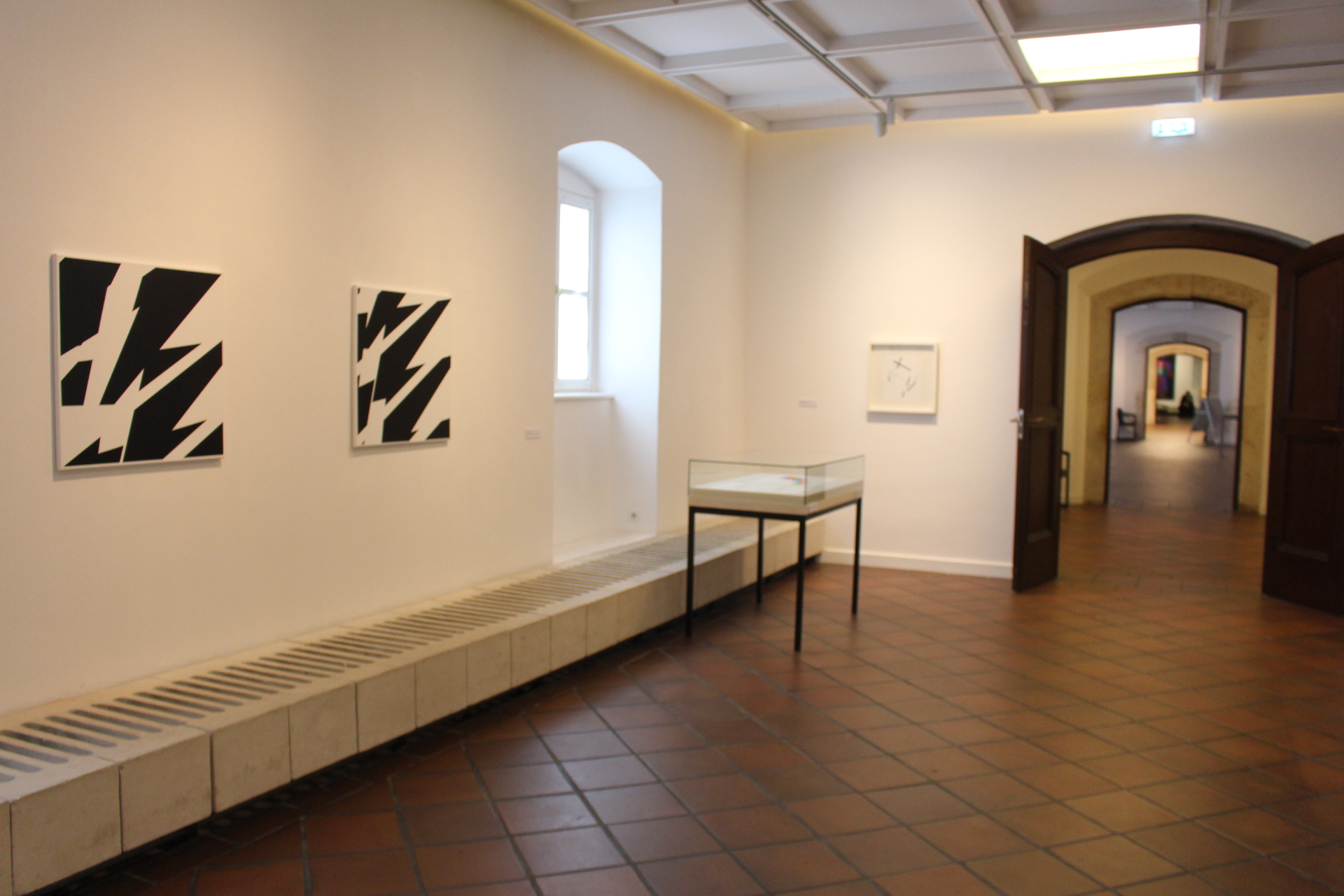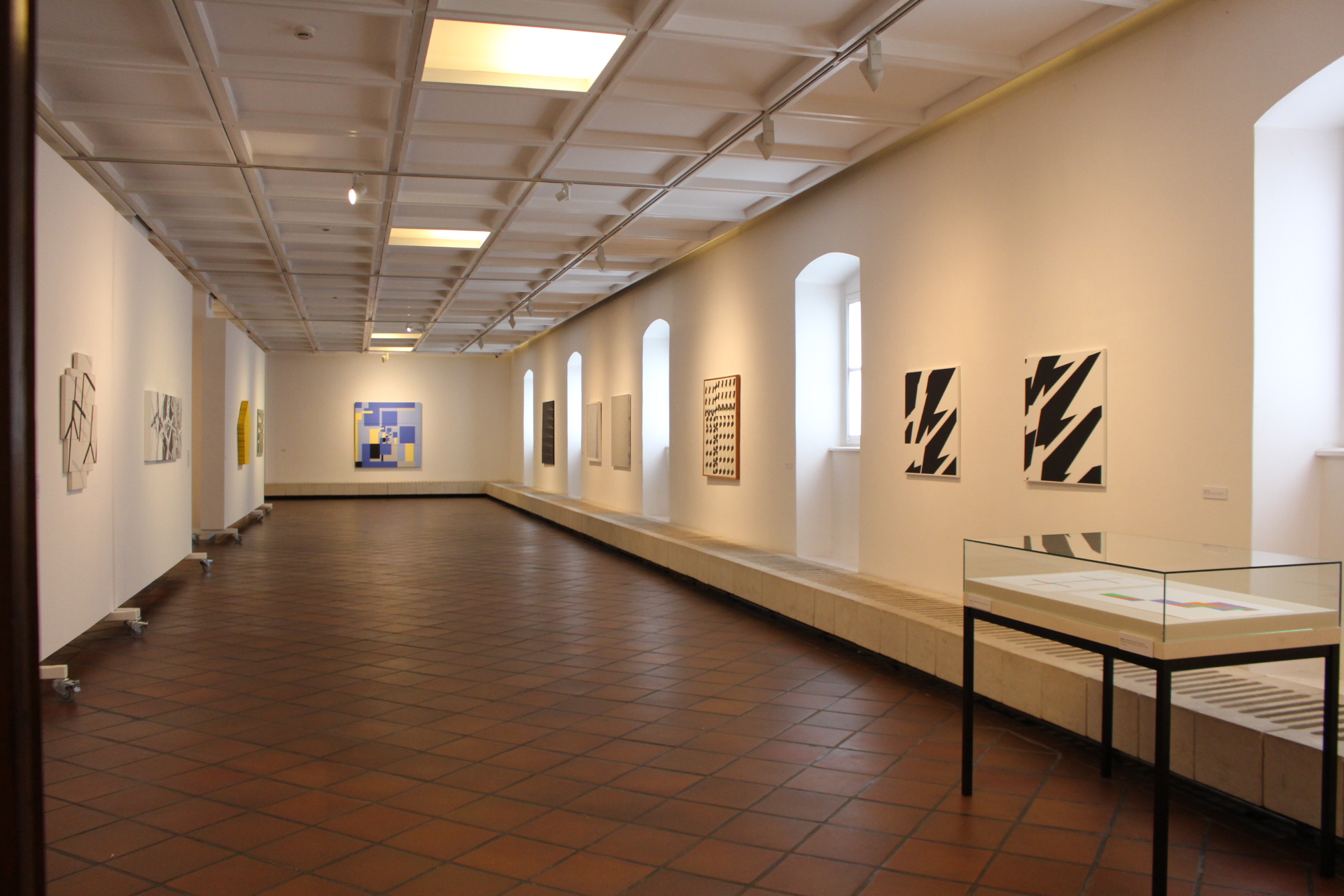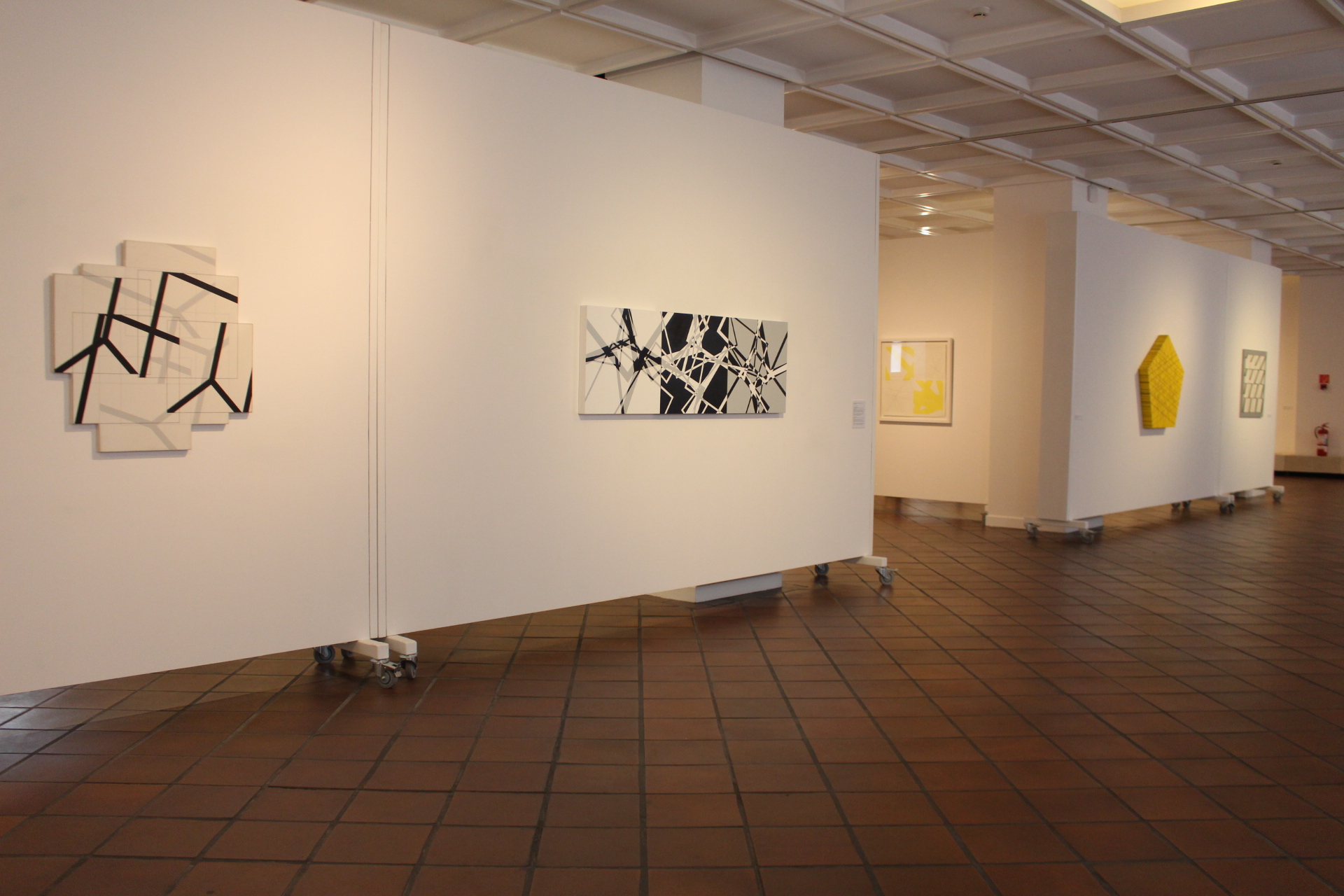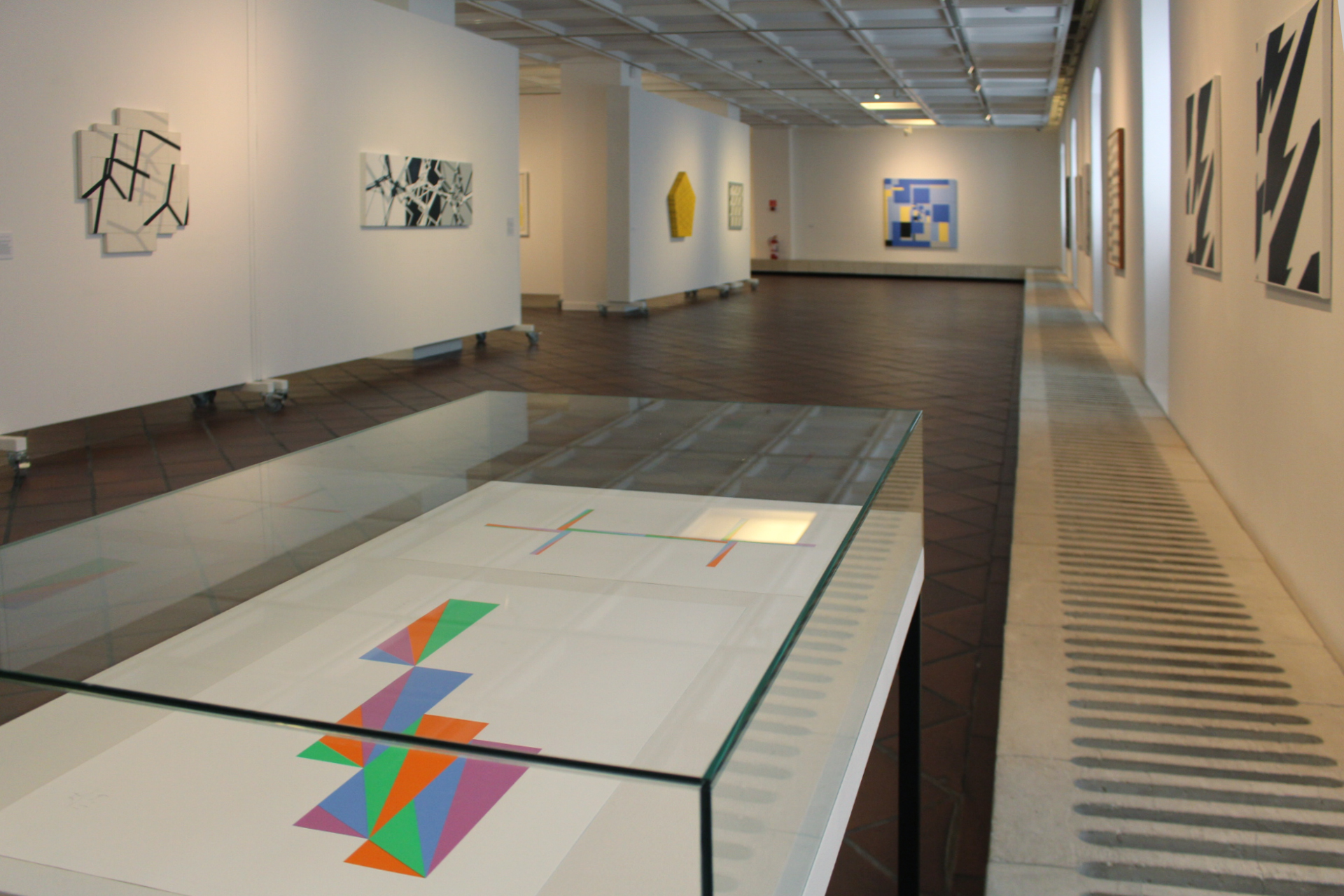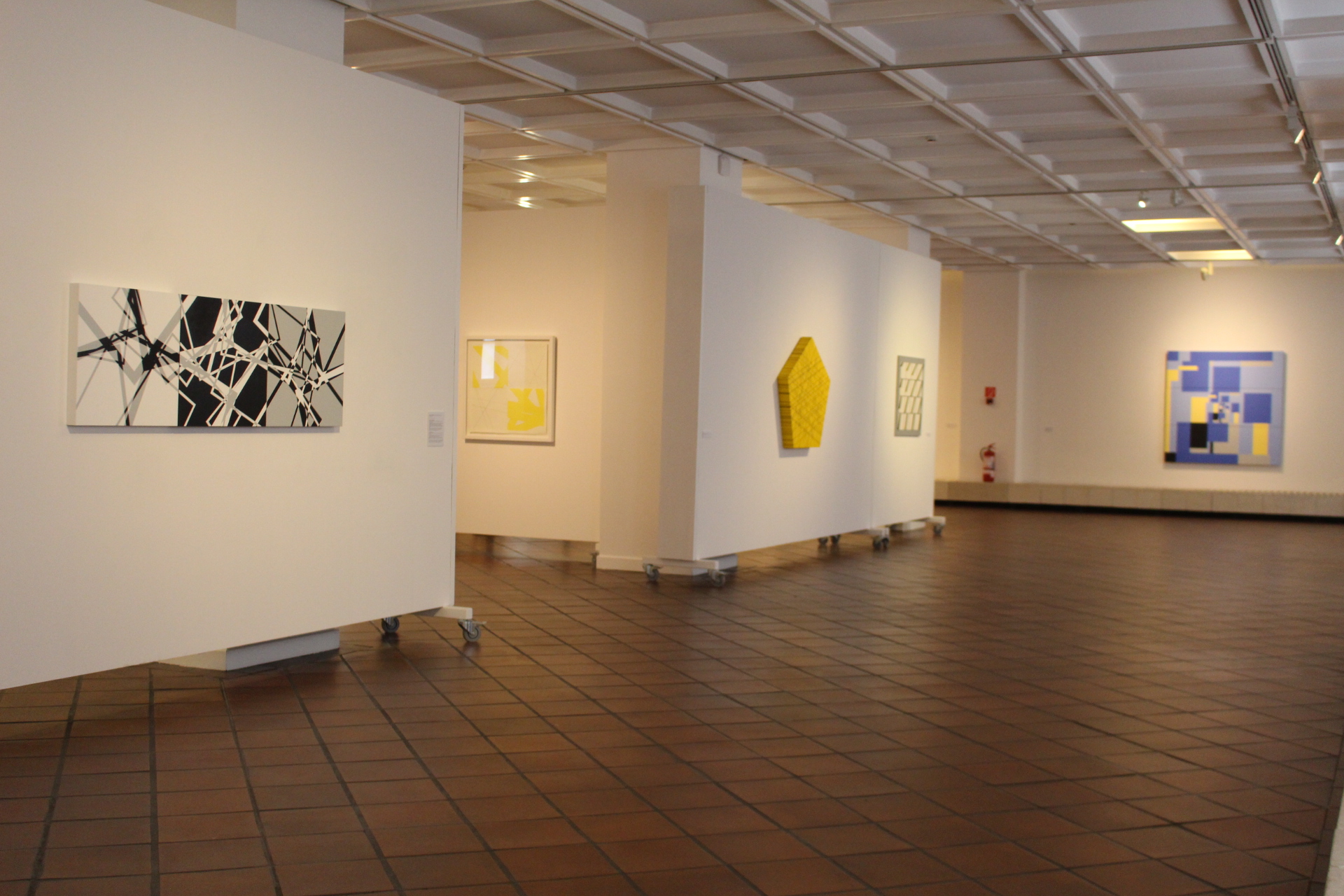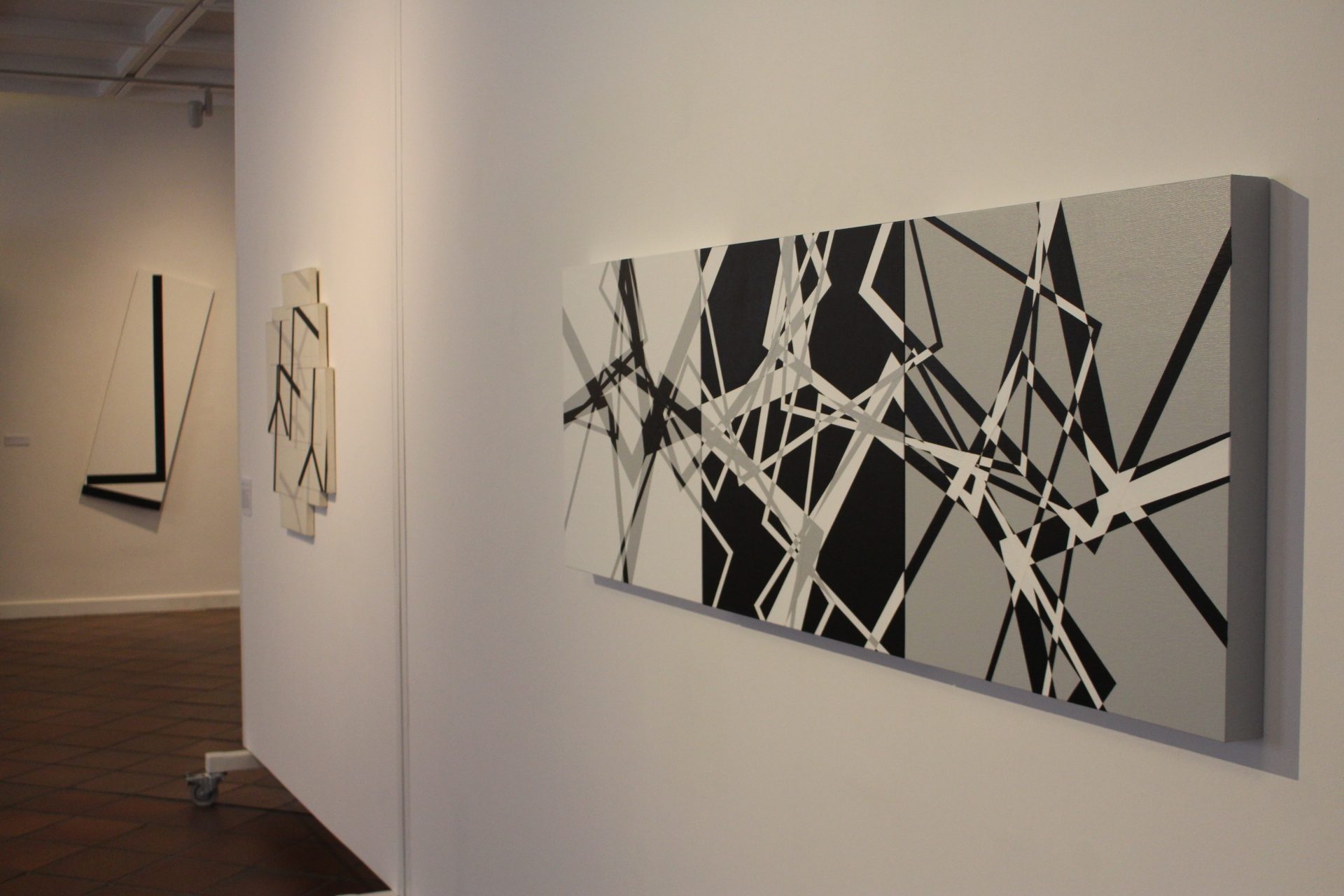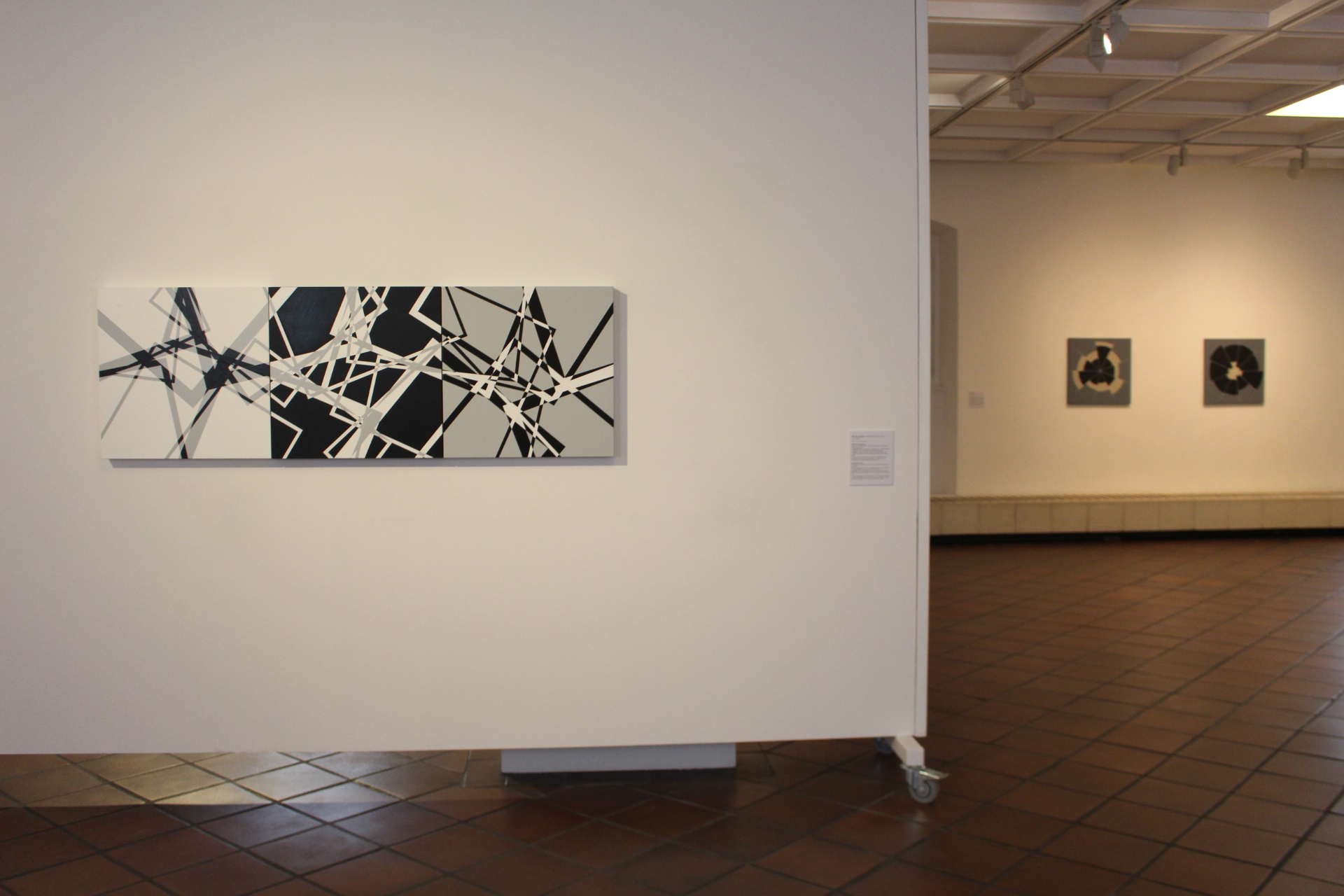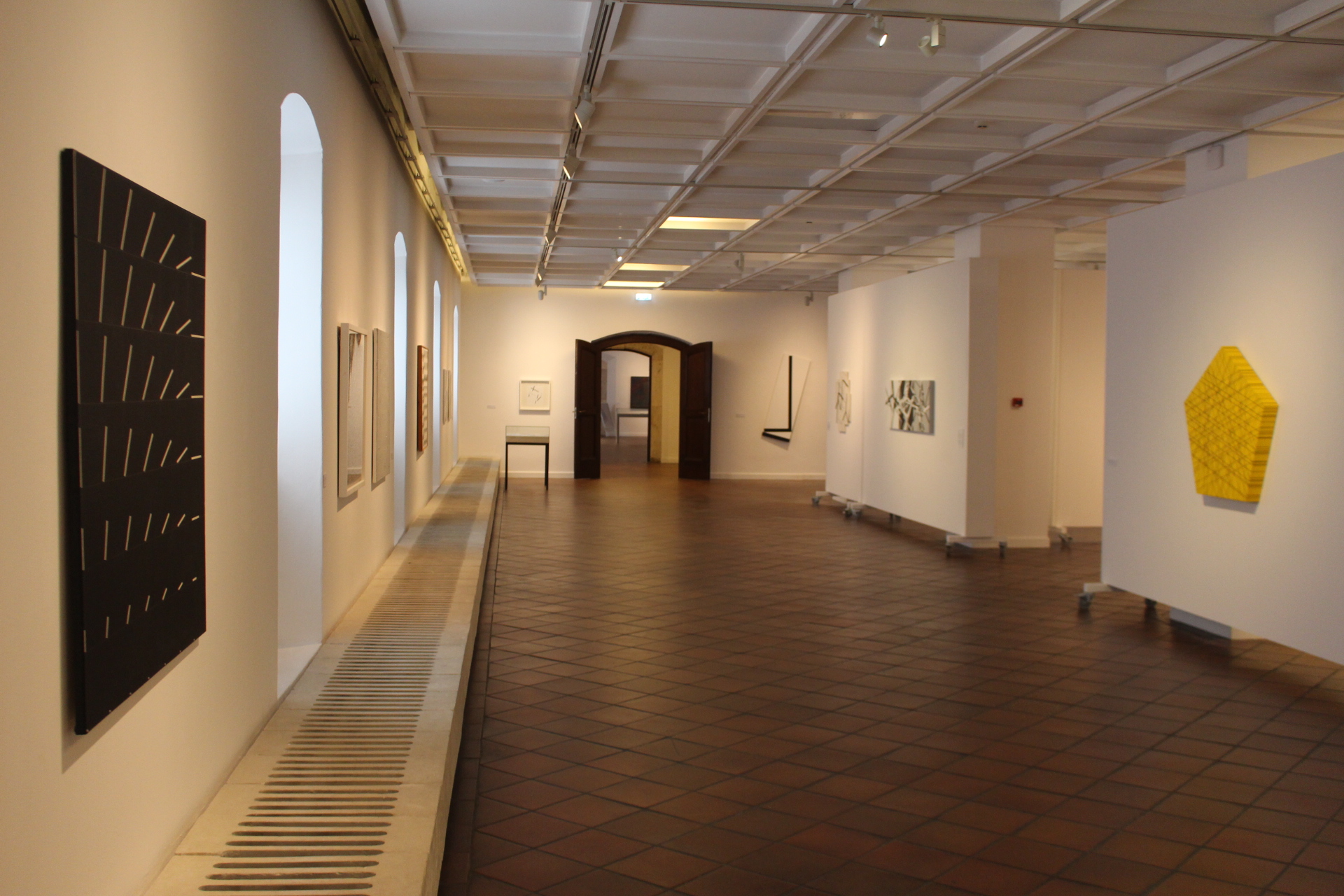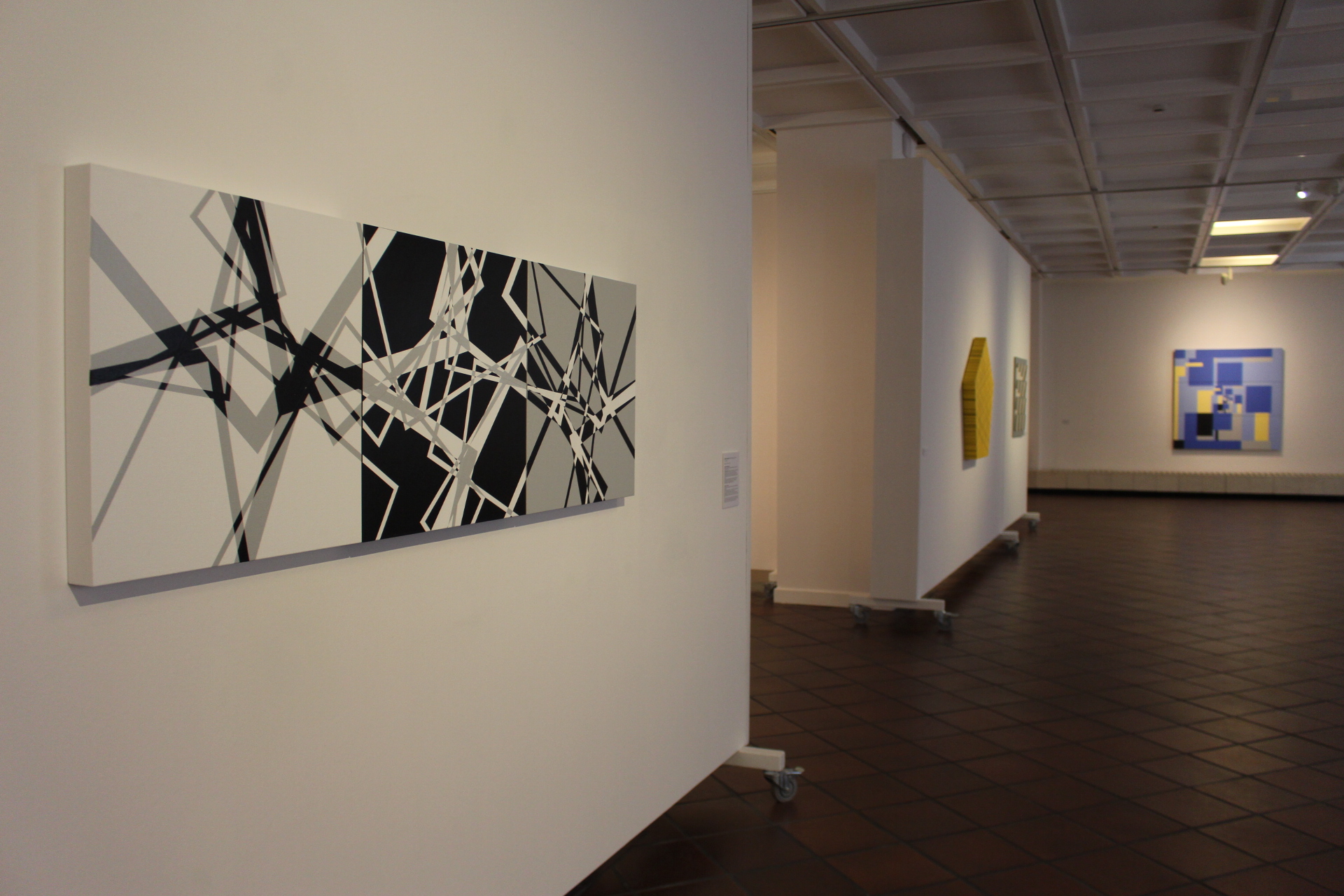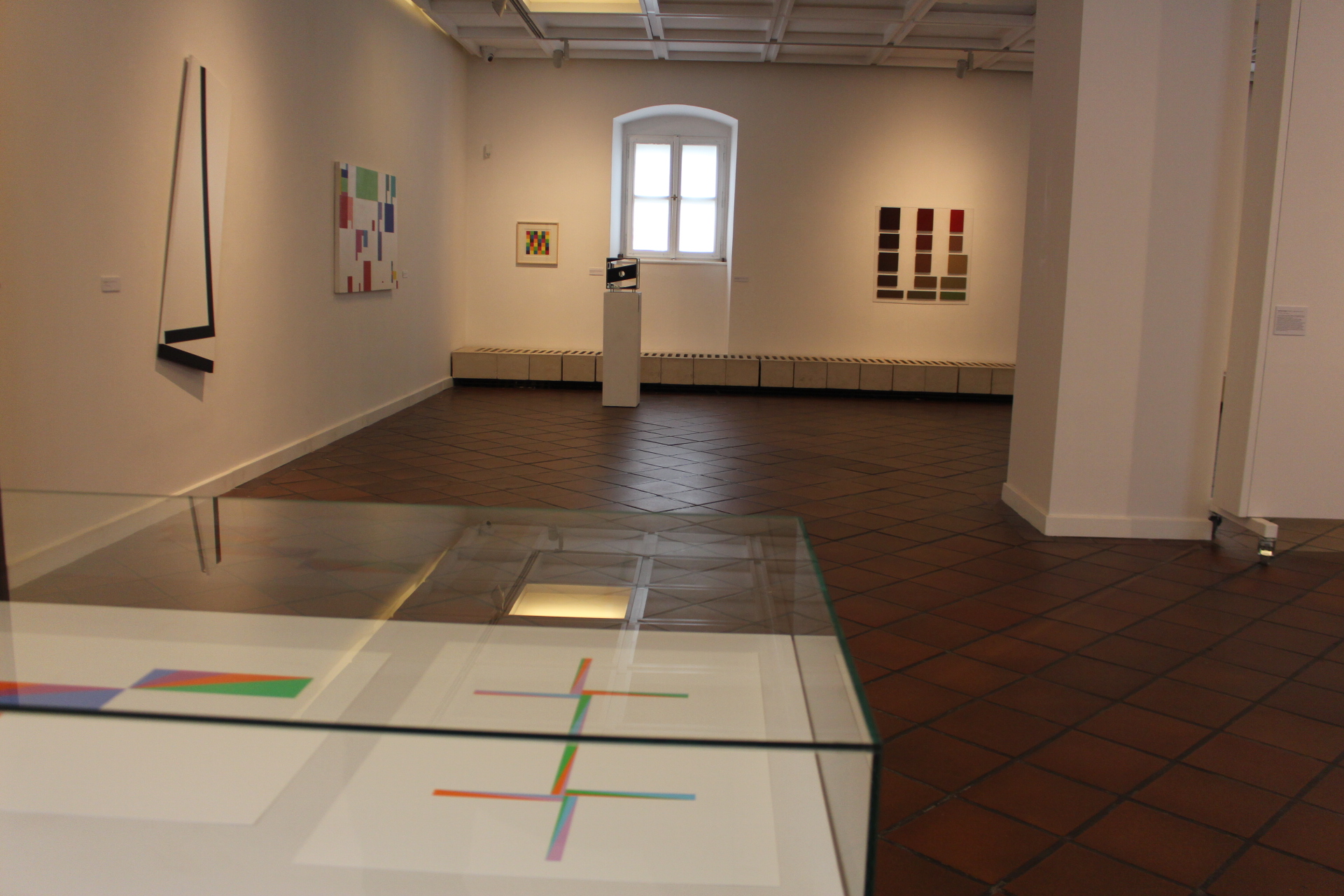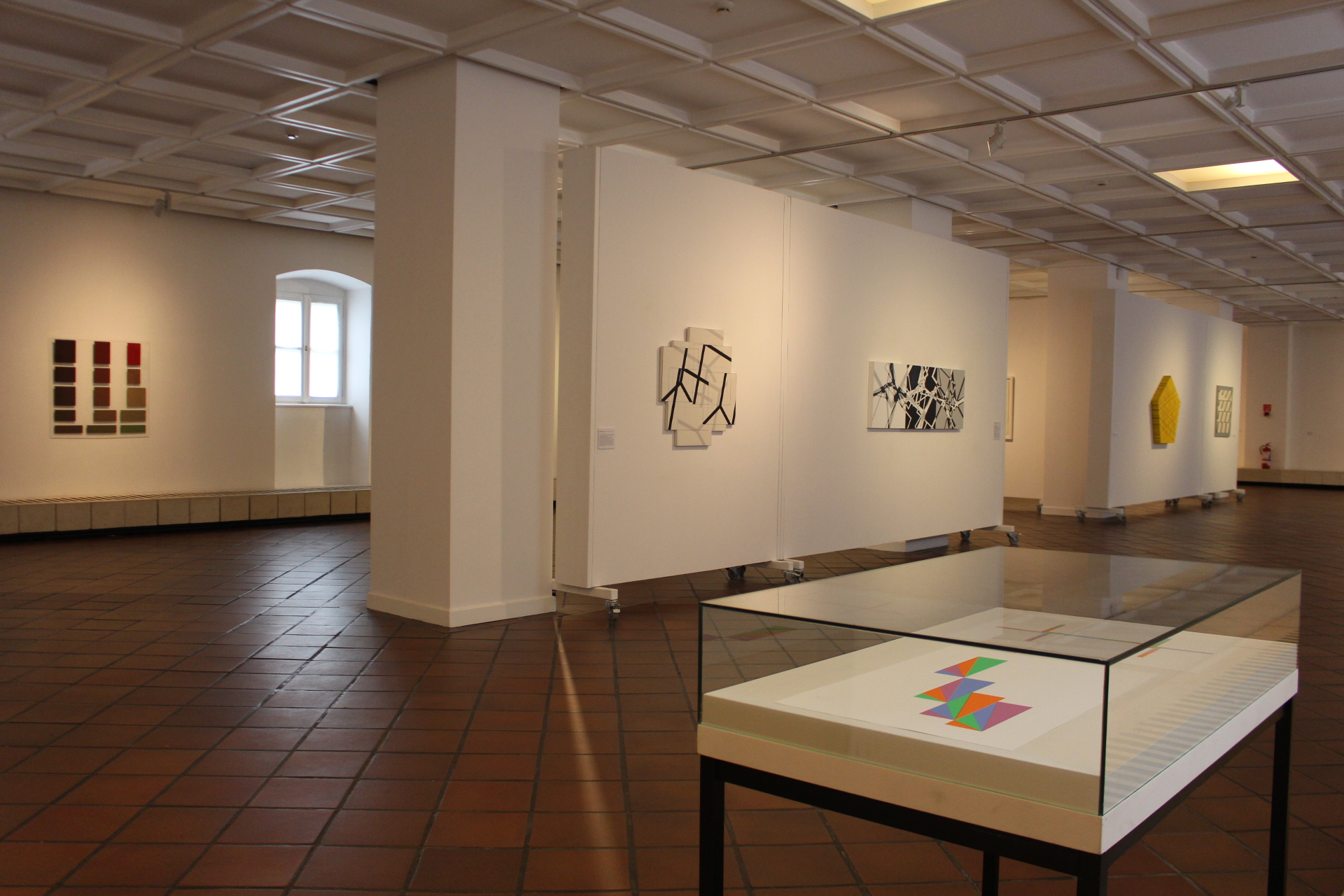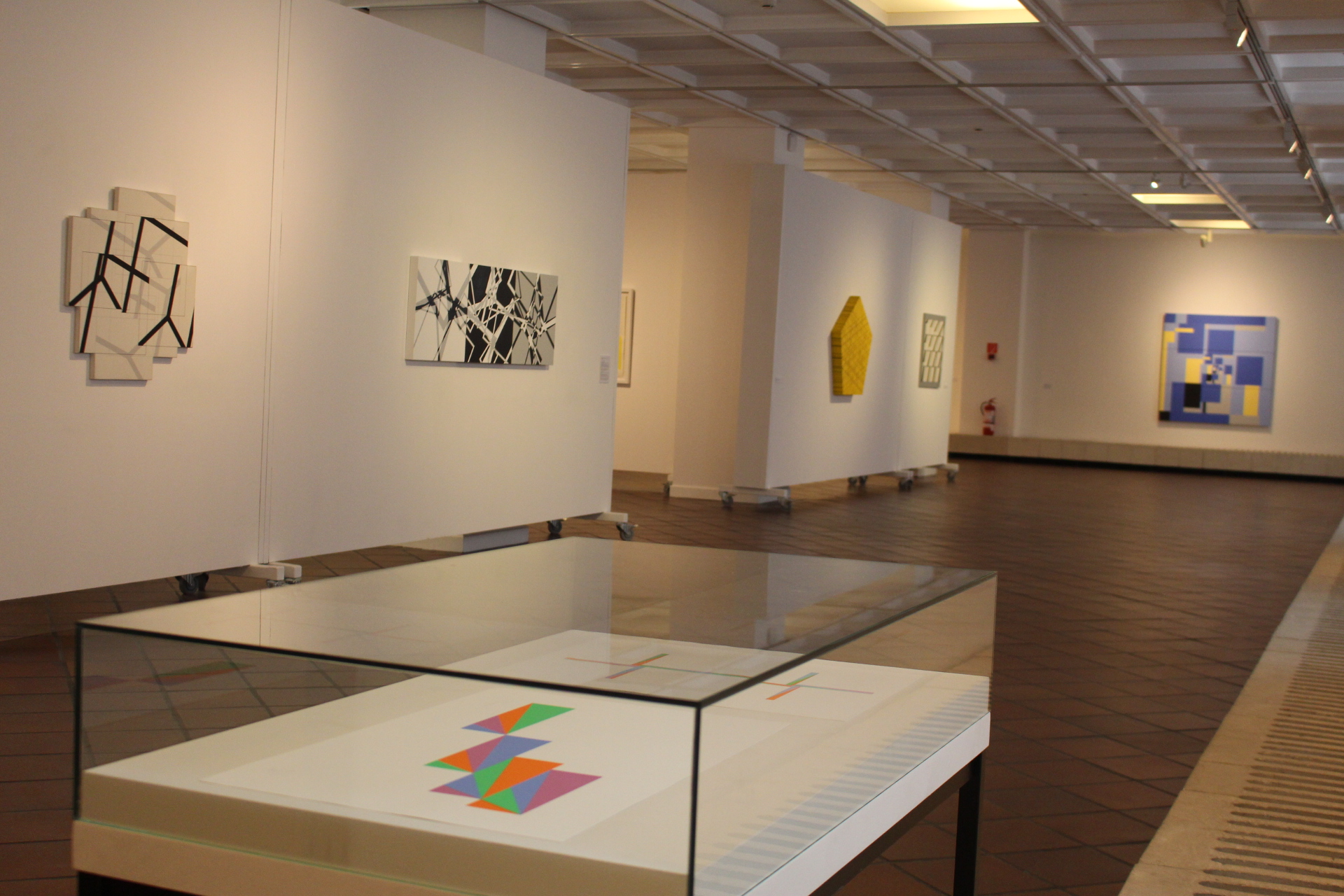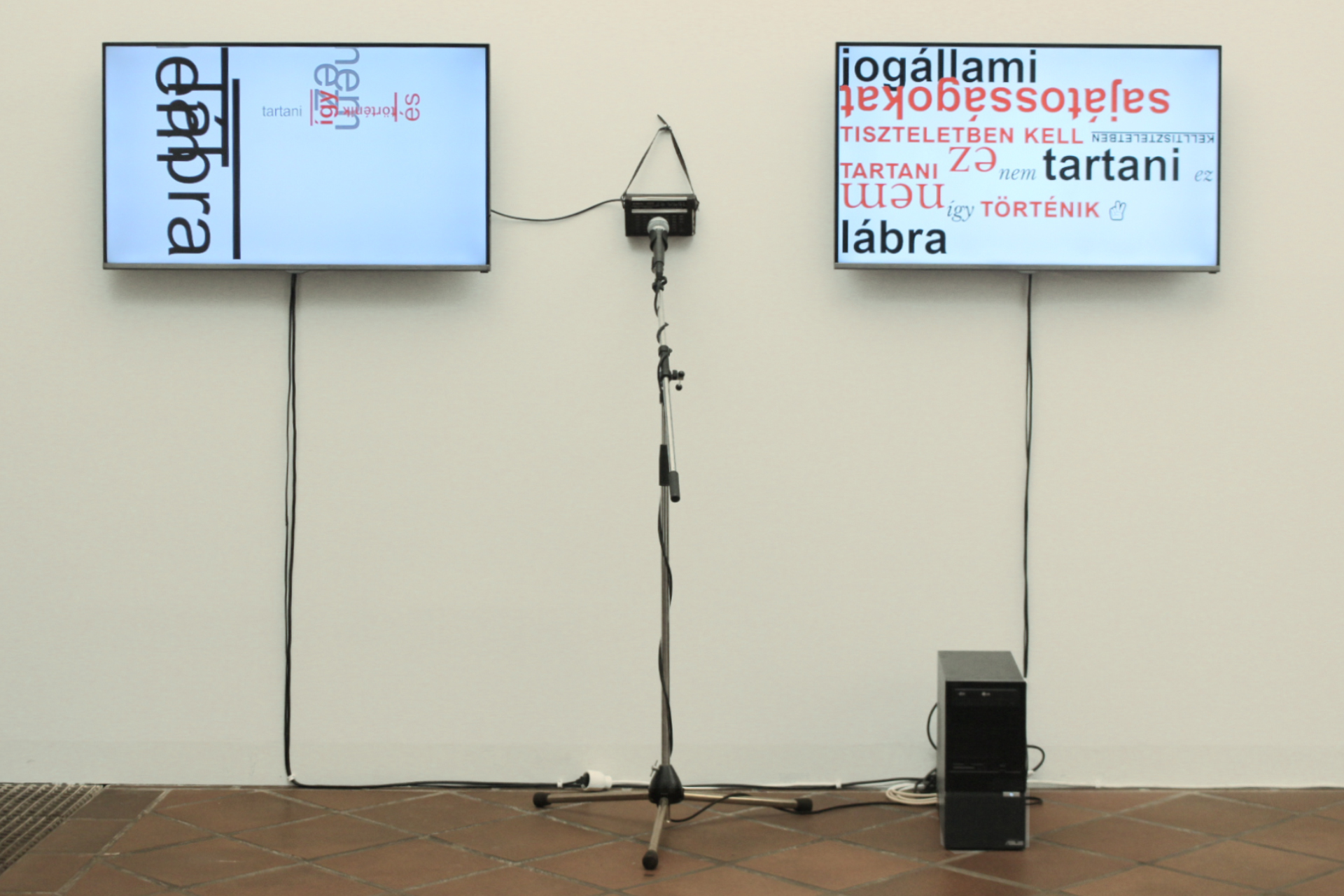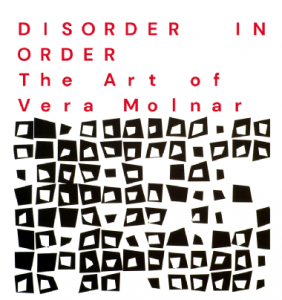
Az elemek, rendszerek, vagy más szinteken megnyilvánuló, mérhető, számokkal és formai jellemzőkkel kifejezhető szabályozottság vagy szerveződés közös alapot biztosíthat a különböző jelenségek és dolgok számára. Közös halmazt von az egymással ellentétes absztrakt és a konkrét művészet közé, összekapcsolja az újragondolt konstruktív irányokat, konceptuális, progresszív megnyilvánulásokat. A kiállítás oyan alkotók műveiből válogat, akiknél a mértani struktúra vagy formarend döntően meghatározó, az alkotói stratégia állandósult része, vagy annak szándékolt vagy nem szándékolt, de elkerülhetetlen következménye.
The common foundation of regulation or organization, expressed through measurable elements, systems, or manifestations with numerical and formal characteristics, can provide a shared basis for various phenomena and entities. It bridges the abstract and concrete art forms, linking reimagined constructive directions, conceptual, progressive manifestations. The exhibition selects works of artists for whom geometric structure or formal order pattern is decisively determining, being either an established part of their artistic strategy or an intentional or unintentional but inevitable consequence.
Kiállítók | Exhibiting Artists
BÁLVÁNYOS Levente (HU) | Beti BRICELJ (SI) | BULLÁS József (HU) | Georgi DIMITROV (BG) | Olena DOMBROVSKA (UA) | Rita ERNST (CH) | FORGÓ Árpád (HU) | FÜLÖP Tünde (HU) | GÁSPÁR György (HU) | GETTO József (HU) | Esther HAGENMAIER (DE) | JOVANOVICS Tamás (HU/IT) | KELLE Antal ArtFormer (HU) | HAÁSZ István (HU) | HALMI-HORVÁTH István (HU) | Christian HUTZINGER (AT) | KOVÁCS Gyula A. (HU) | KÖRÖSI Viktória (HU/AT) | Josef LINSCHINGER (AT) | Manfred MAKRA (AT) | MARAFKÓ Bence (HU) | MENGYÁN András (HU) | NAGY Barbara (HU) | NEM’S Judit (HU) | Ulrich NAUSNER (AT) | Rainer NÖBAUER-KAMMERER (AT) | OTTÓ László (HU/DE) | PÁL Katja (SI/HU) | PLESZNIVY Ákos (HU) | Claus PROKOP (AT) | Esther STOCKER (IT/AT) | SZÍJ Kamilla (HU) | TIHANYI Áron (HU) | VARGA Bertalan (HU) | VARGA György (HU) | VILIM Kati (HU/US) | Viktor VLAESKU (BG) | WOLSKY András (HU)
Kurátor | Curated by BENEDEK Barna
A kiállítást megnyitja | The exhibition will opened by MÉSZÁROS Flóra, művészettörténész | art historian
Megnyitó | Opening: 2024. május 9. csütörtök 18:00 | 9 May 2024, 6:00 p.m.
A kiállítás megtekinthető: 2024. május 10. − szeptember 1. | On view 05. 10. 2024 − 09. 01. 2024
Vasarely Múzeum Budapest (1033 Budapest, Szentlélek tér 6.) / Látogatási idő: szerdától vasárnapig 10−18h között | Opening Hours: Wednesday to Sunday 10 a.m.−6 p.m. / Jegykiadás | Ticket office: 10.00−17.00
Együttműködő partnerek | Cooperating partners: Vasarely Múzeum Budapest, Szépművészeti Múzeum, Liszt Intézet Szófia
Felhívjuk szíves figyelmüket a Vasarely Múzeum Budapest Kamaratermében a Geometria most kiállítással együtt nyíló Maurer Dóra „Fényelvtan”-műhelye, 1987-1988 című kiállítás megnyitójára.
We would like to draw your attention to the opening of the exhibition Dóra Maurer’s “Light Grammar” Workshop, 1987-1988 in the Chamber Hall of the Vasarey Museum Budapest together the “Geometry Now” at 6 p.m.
